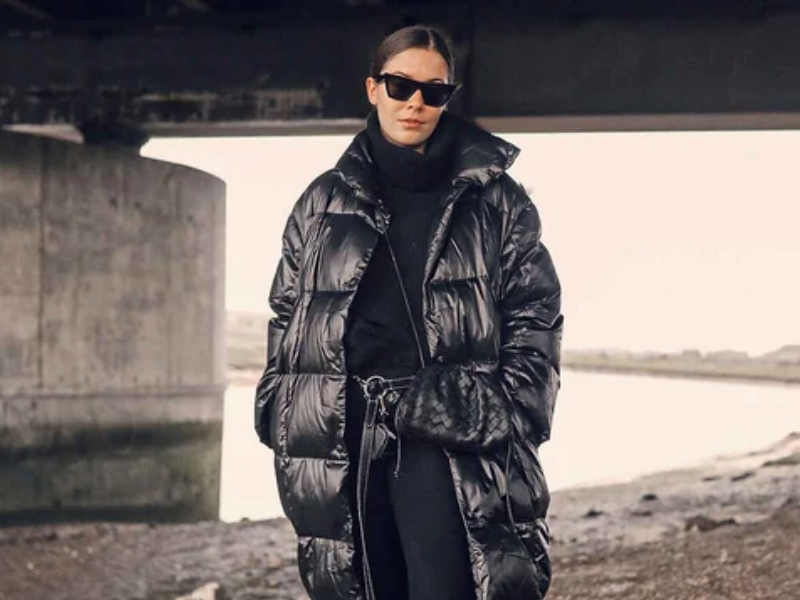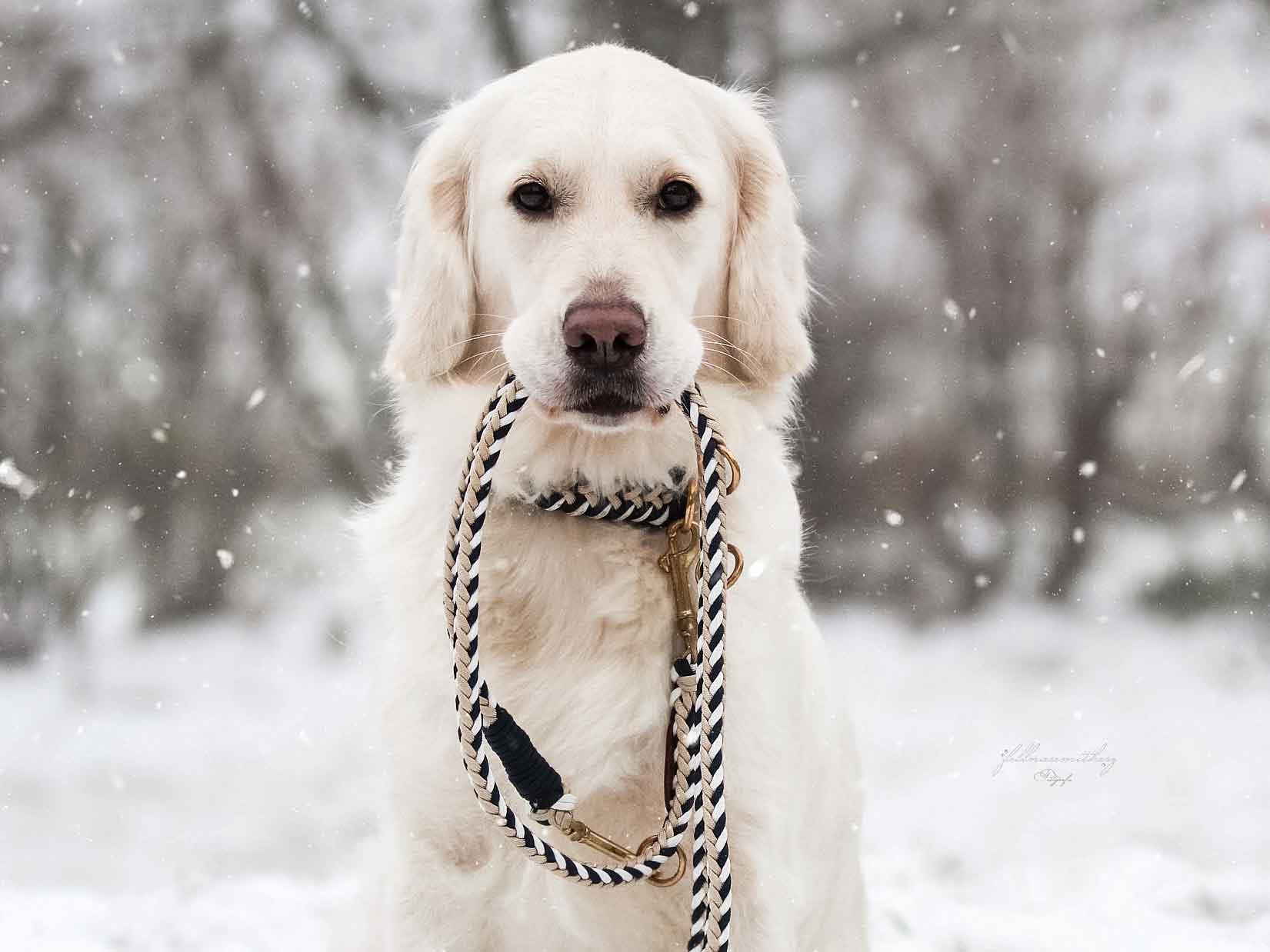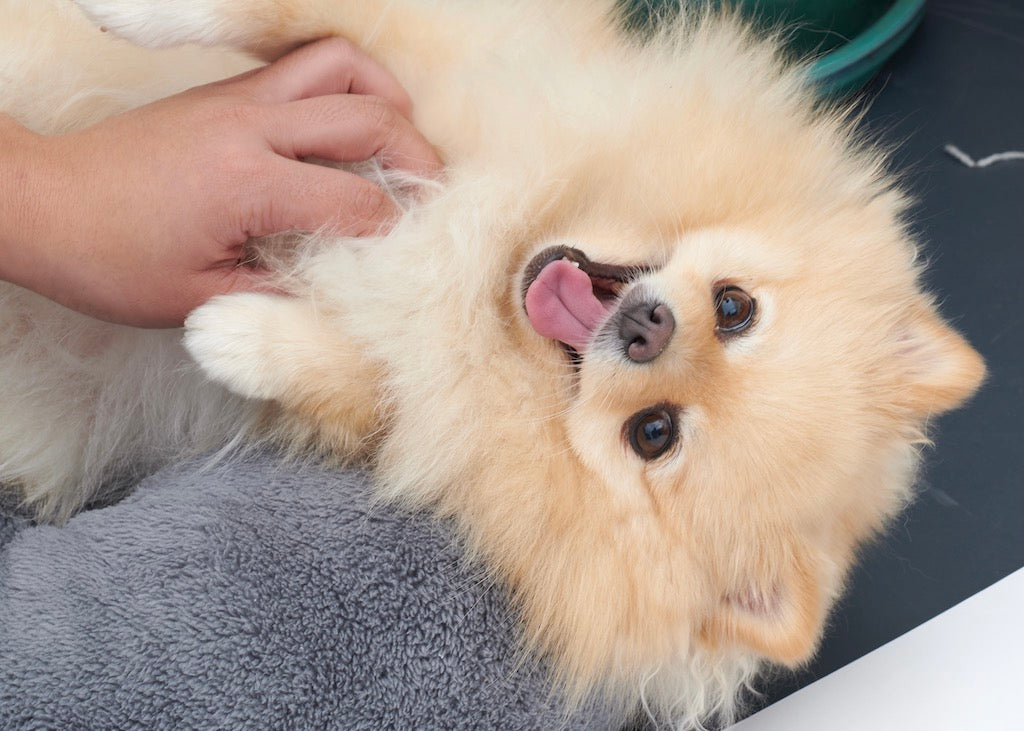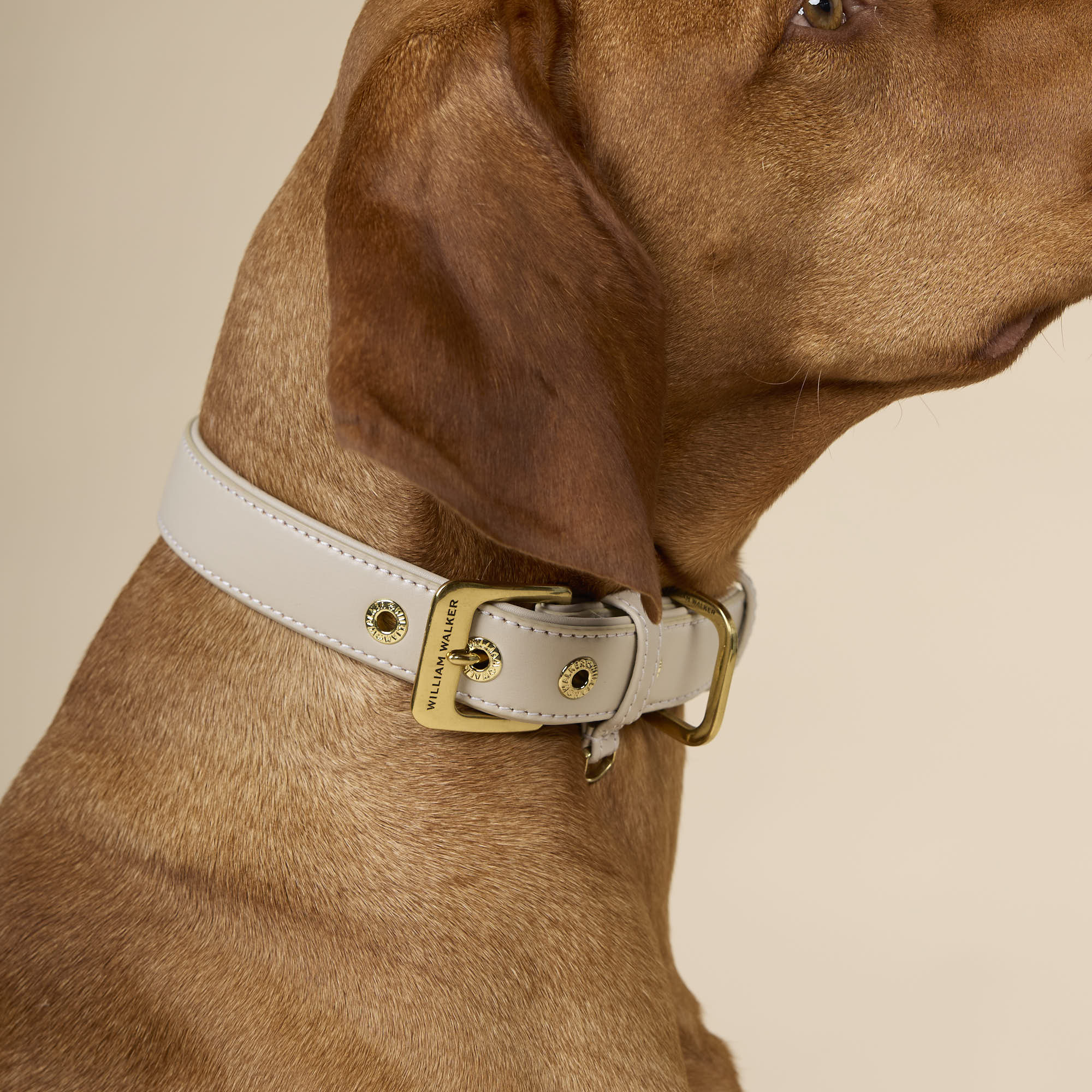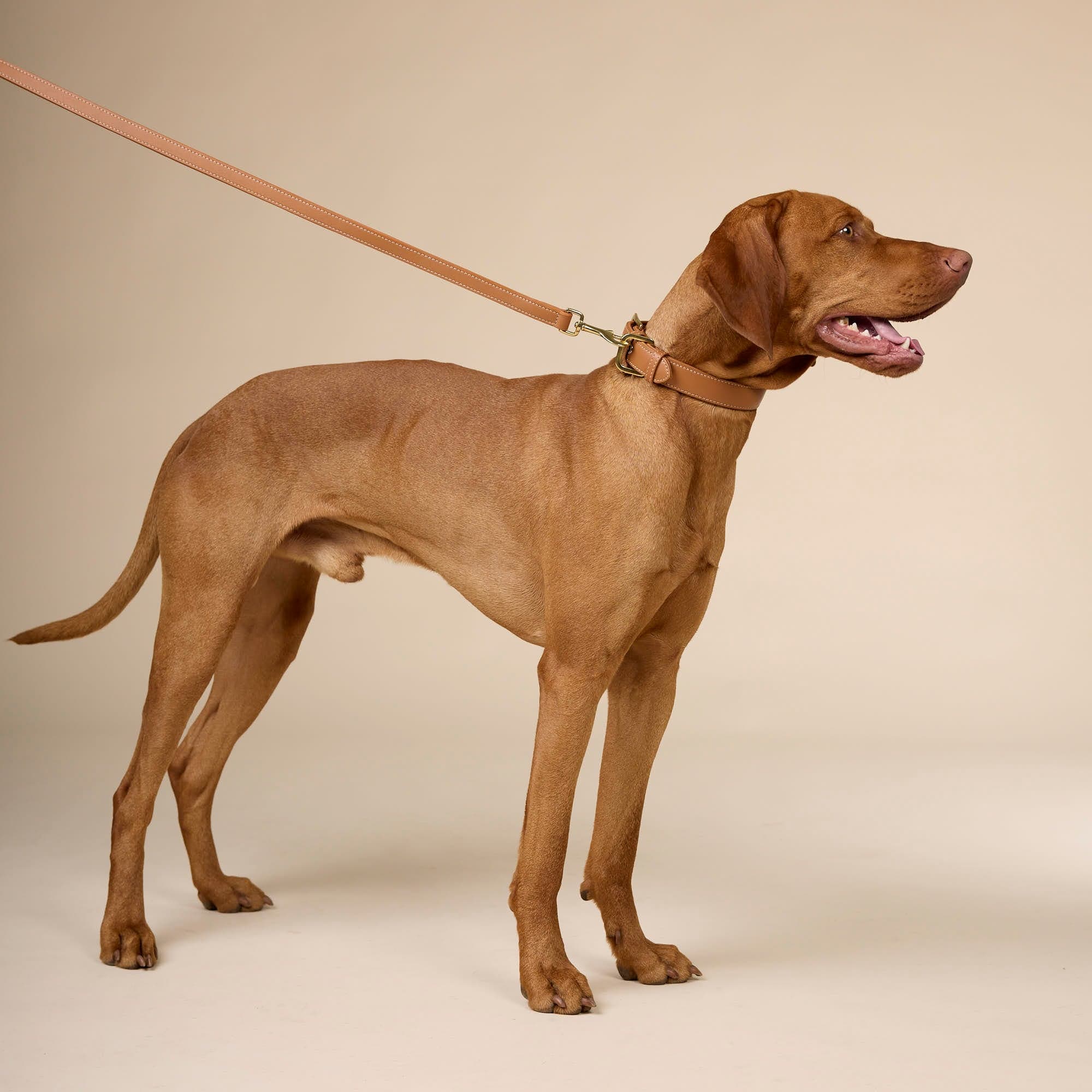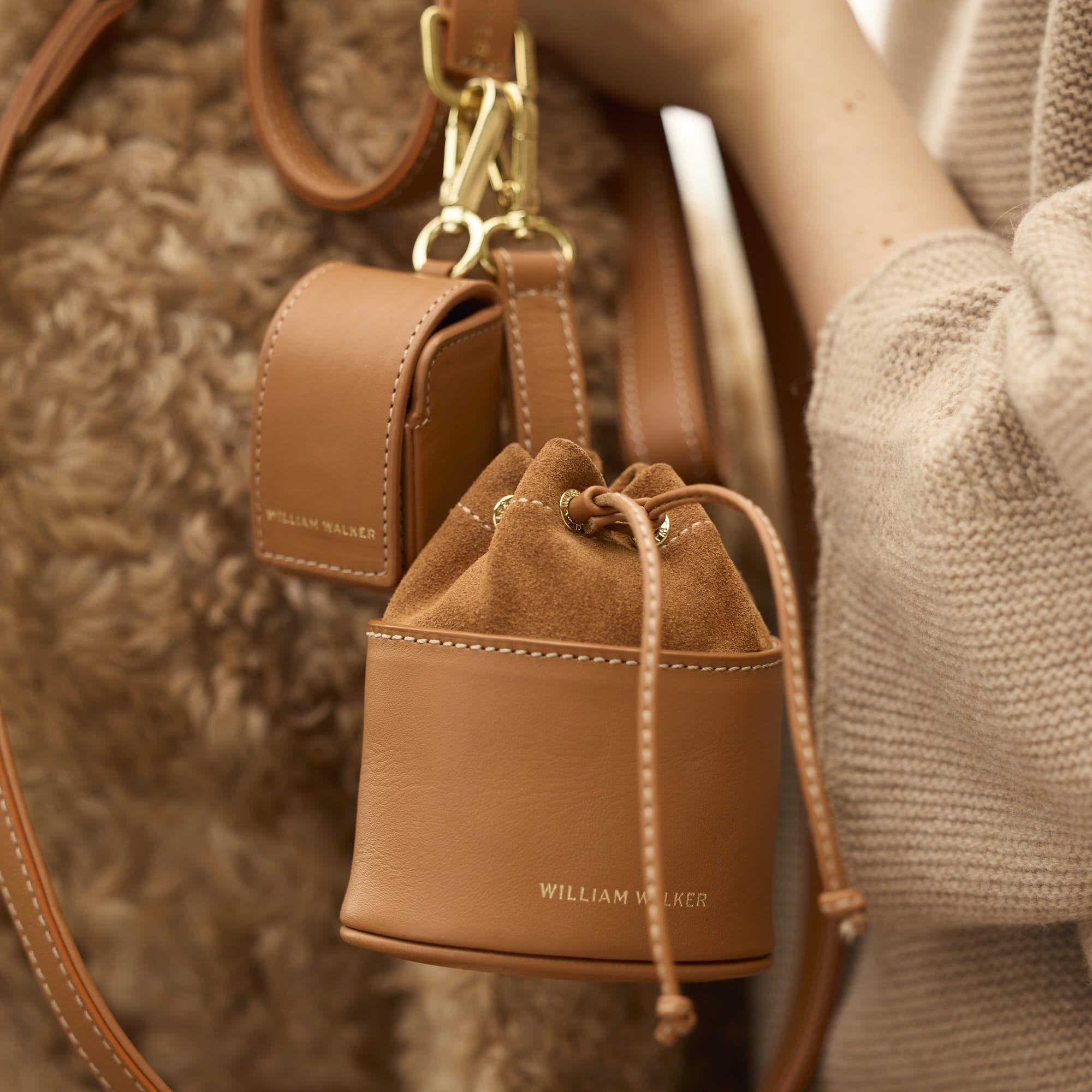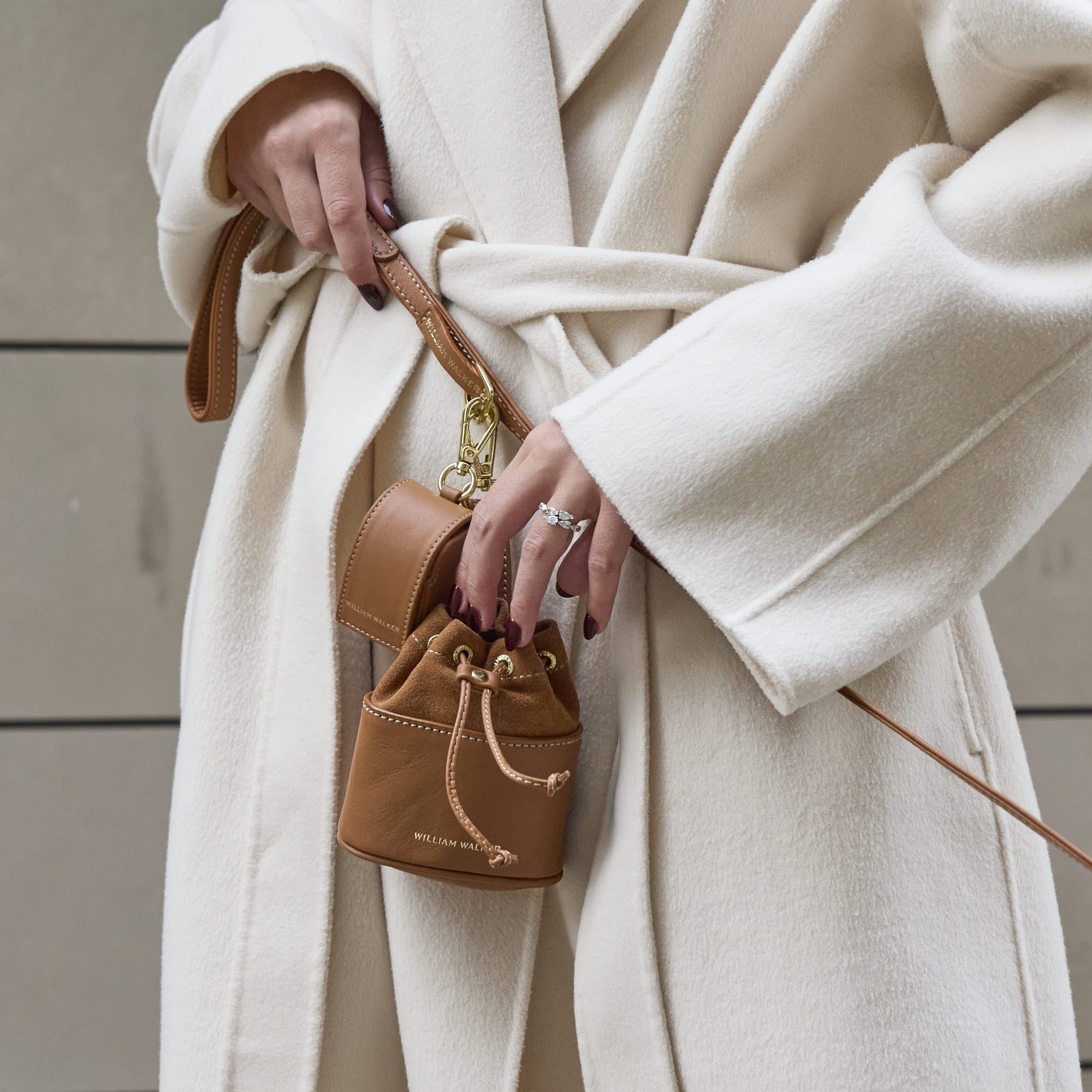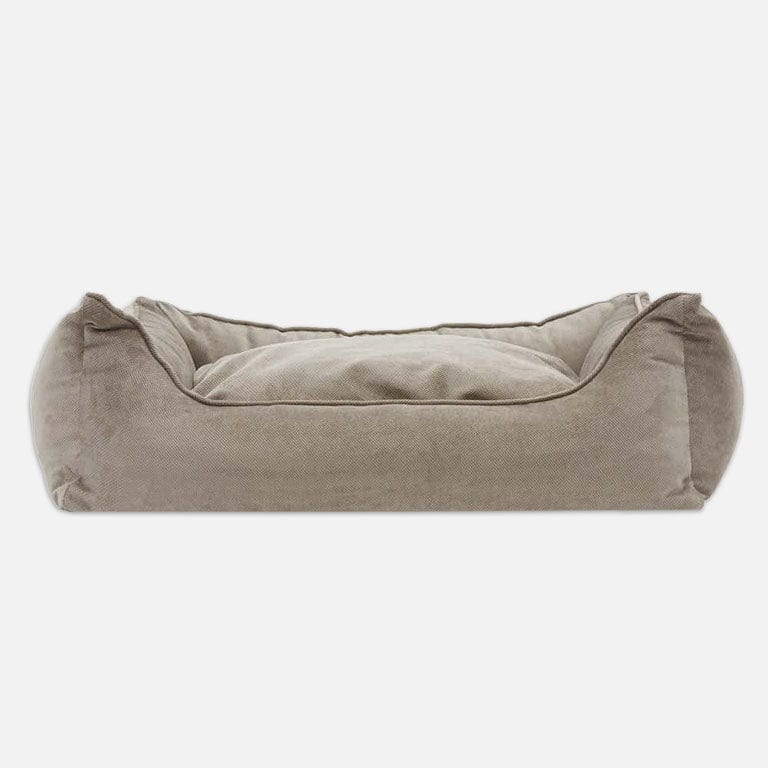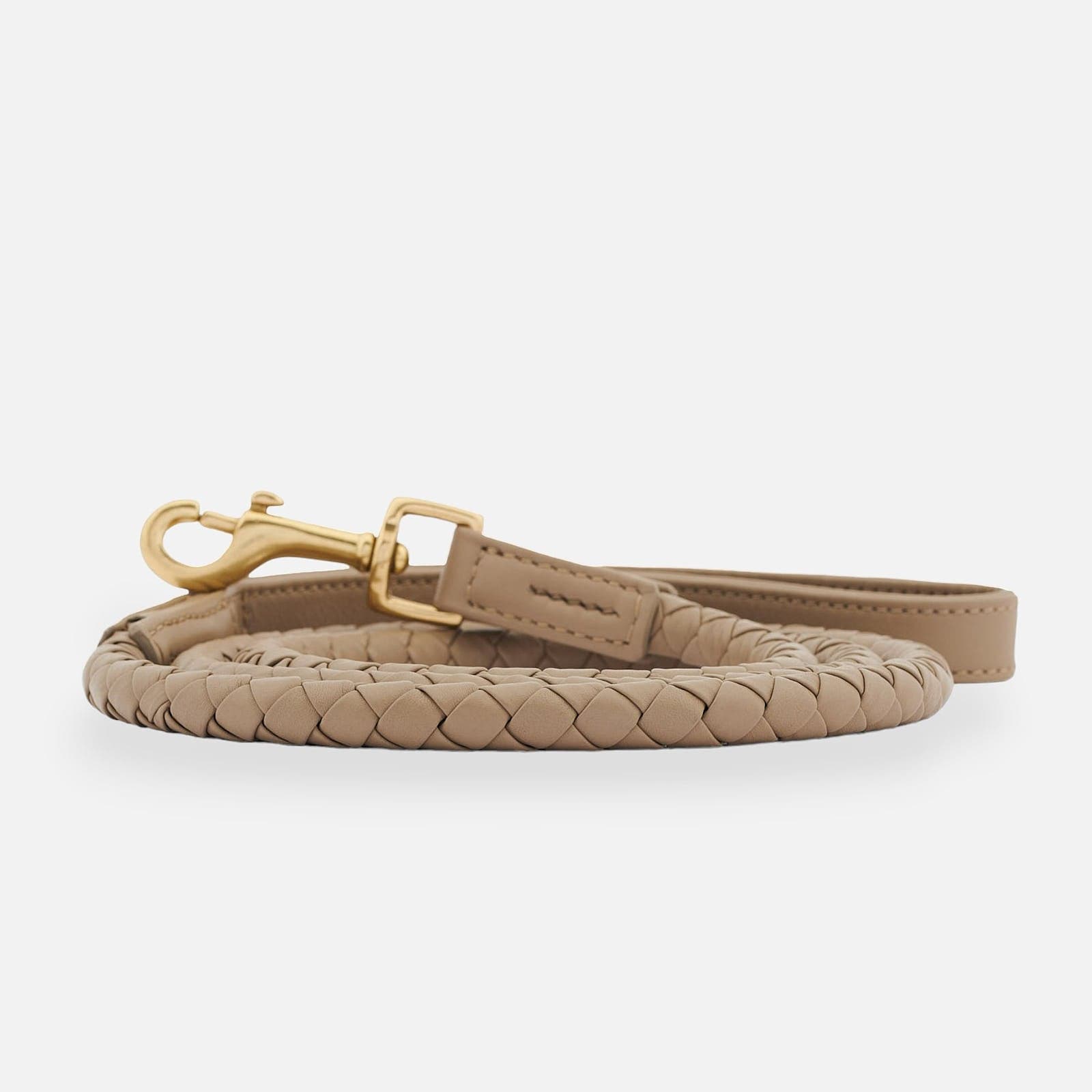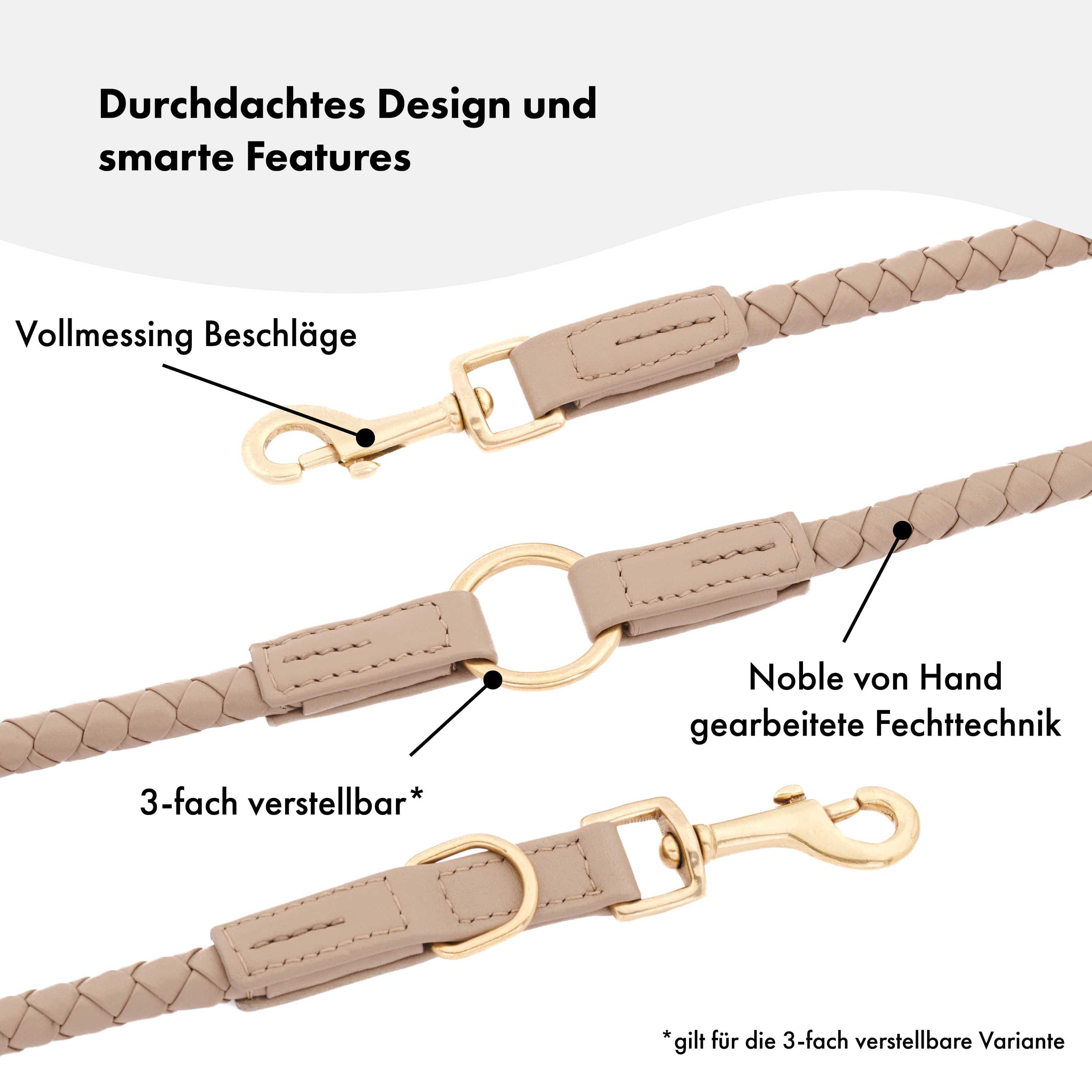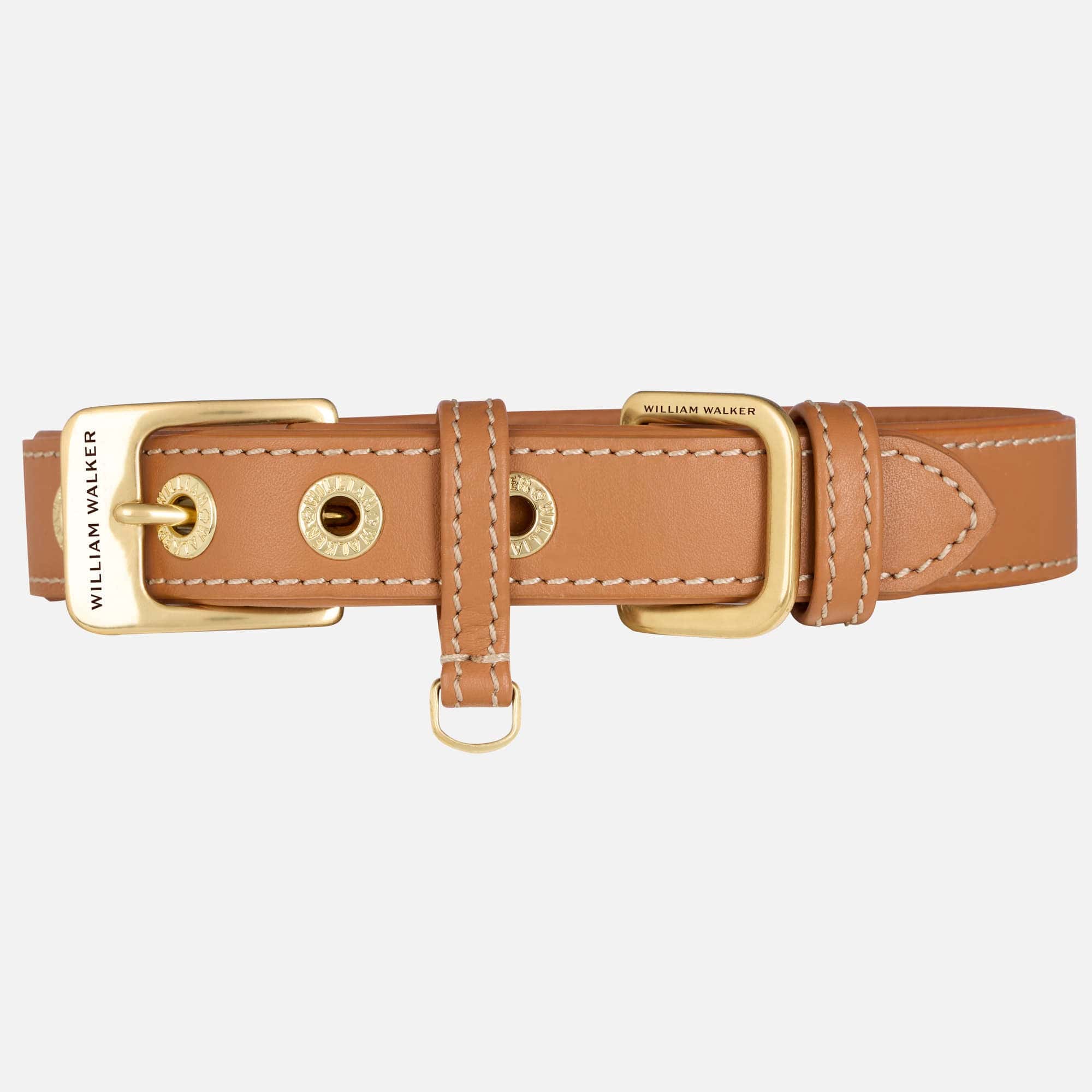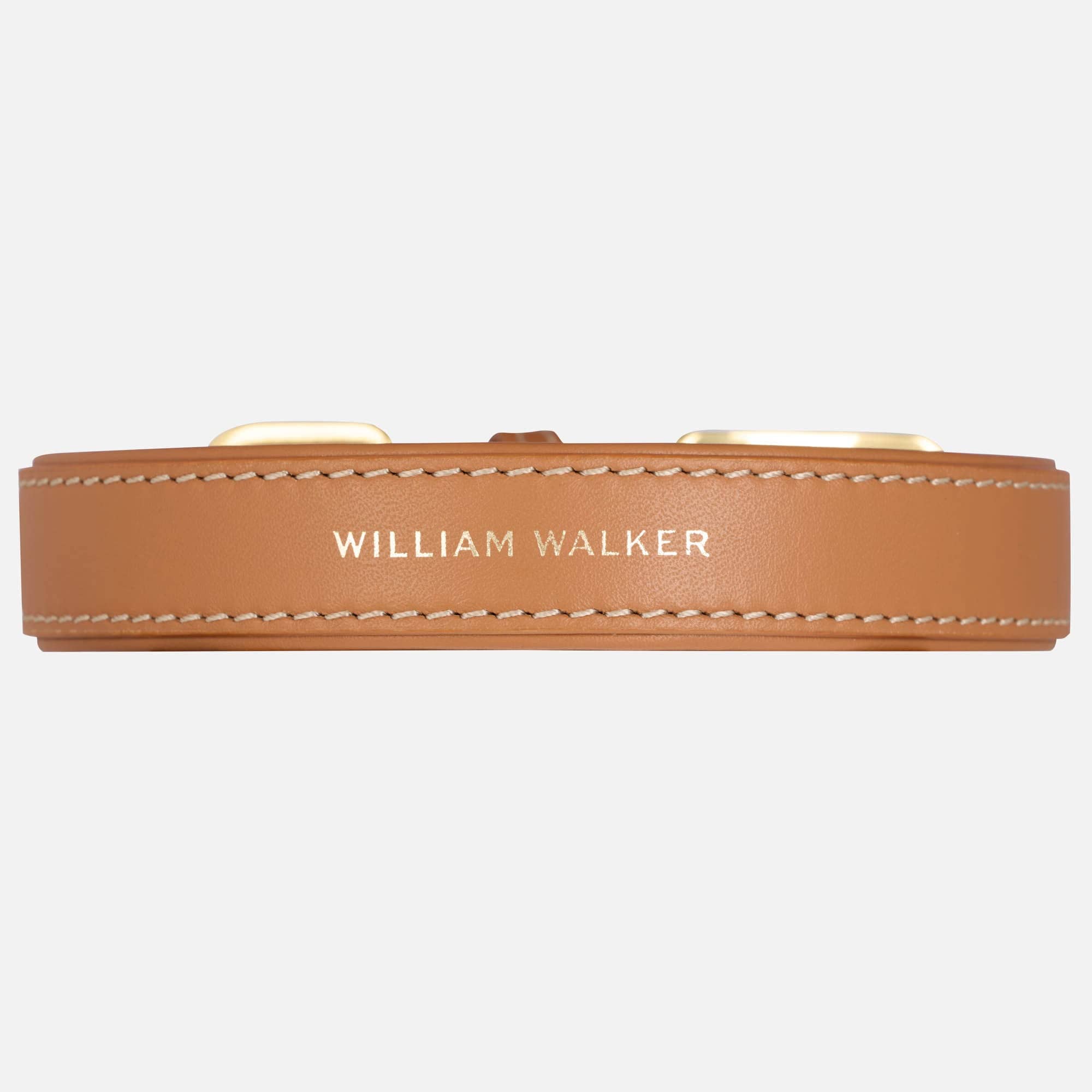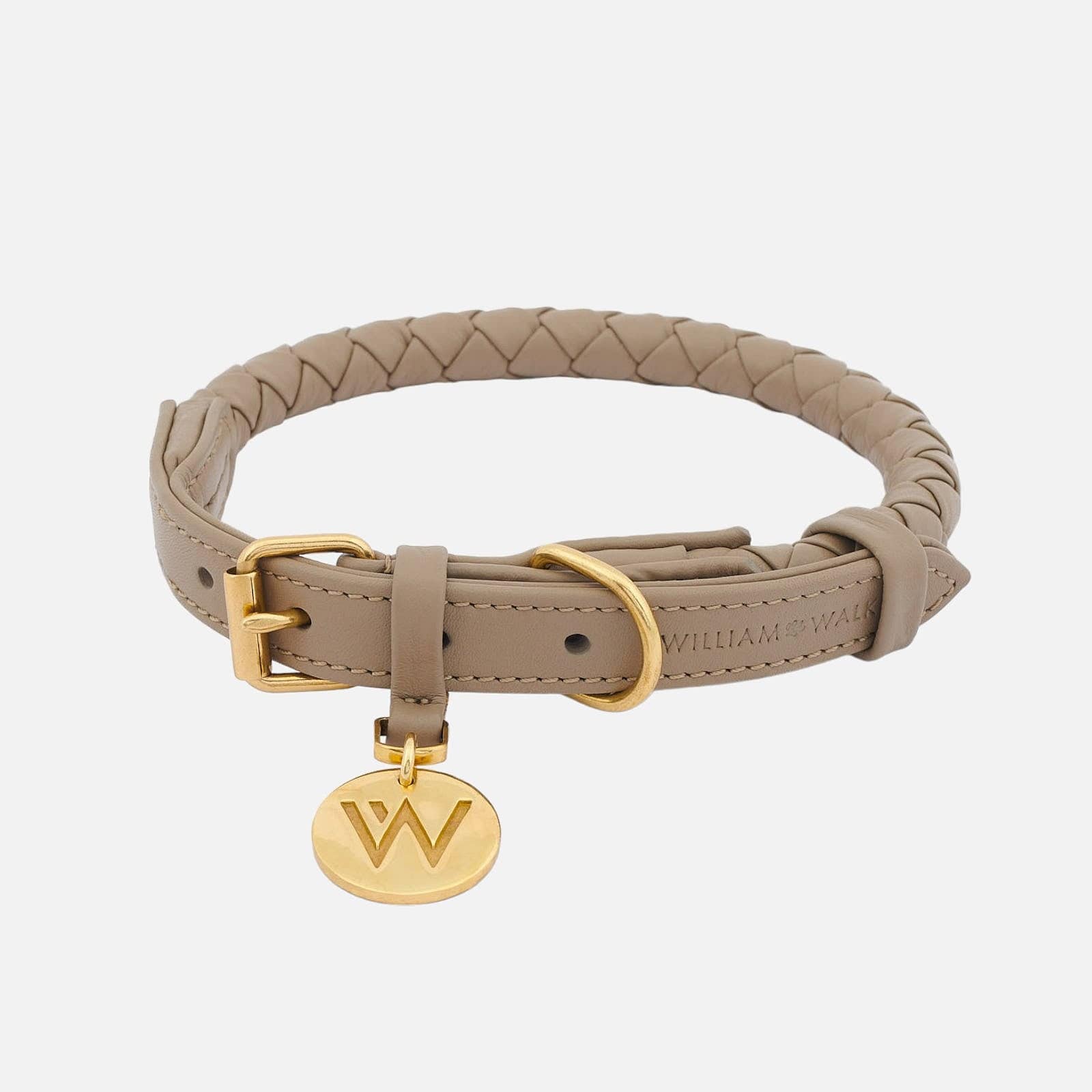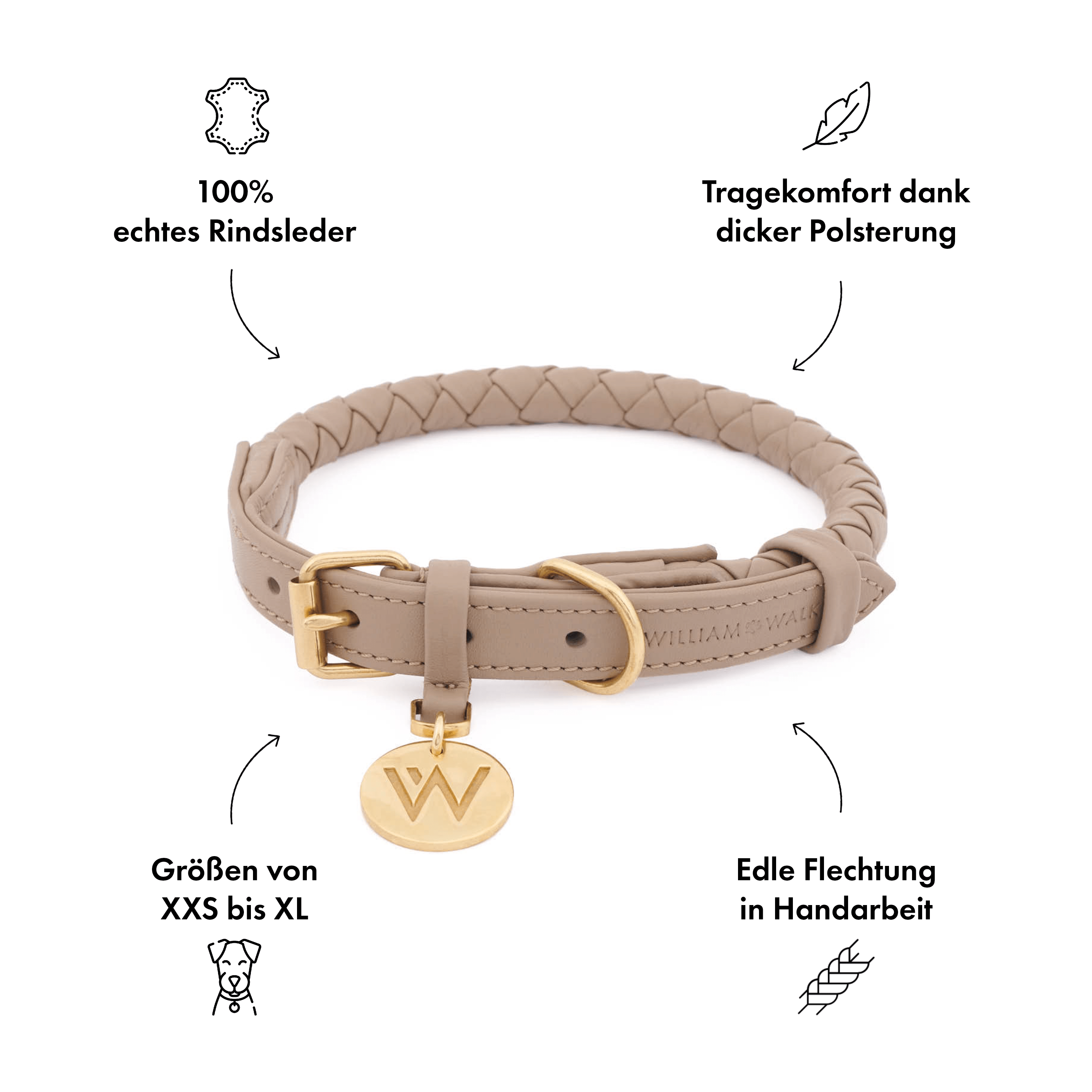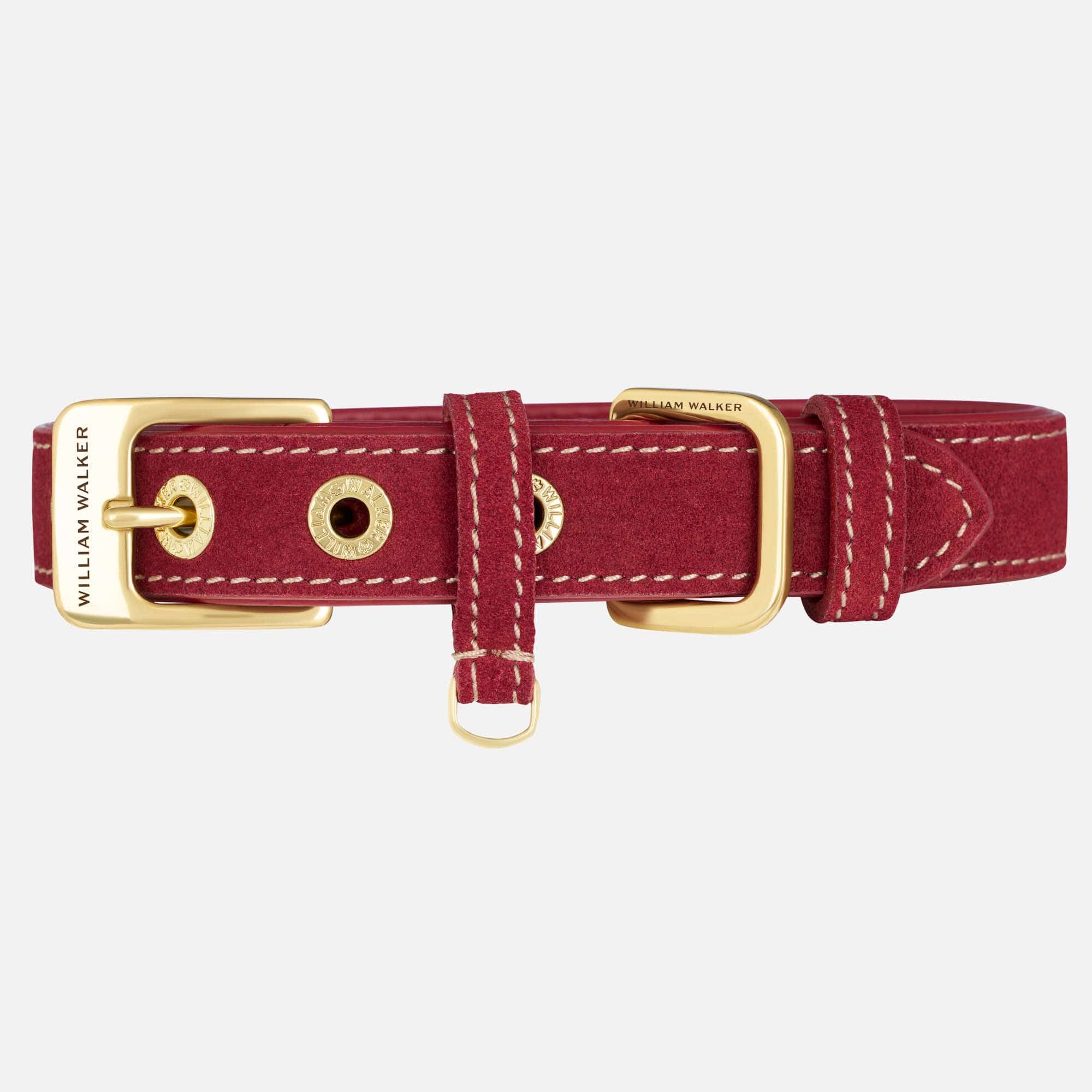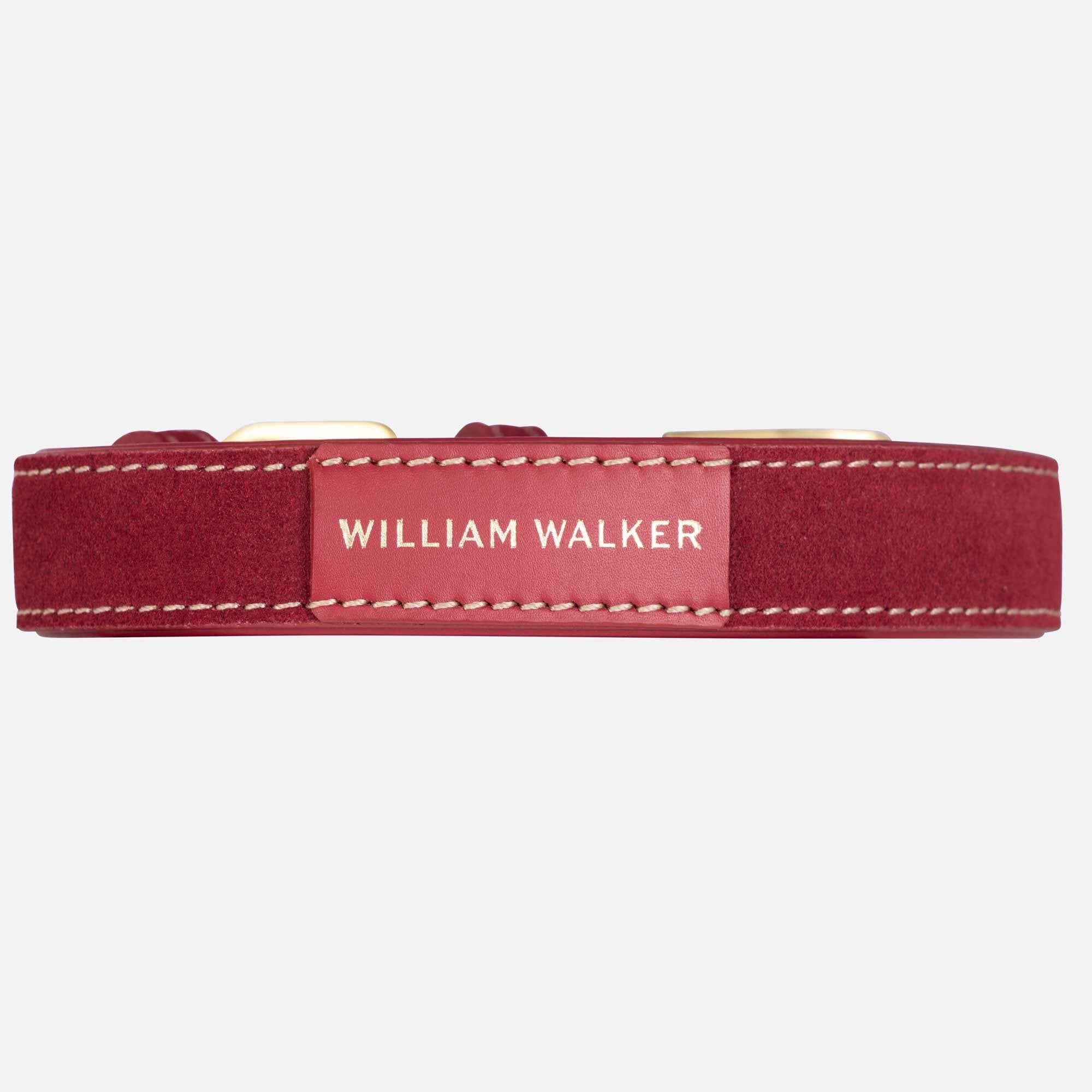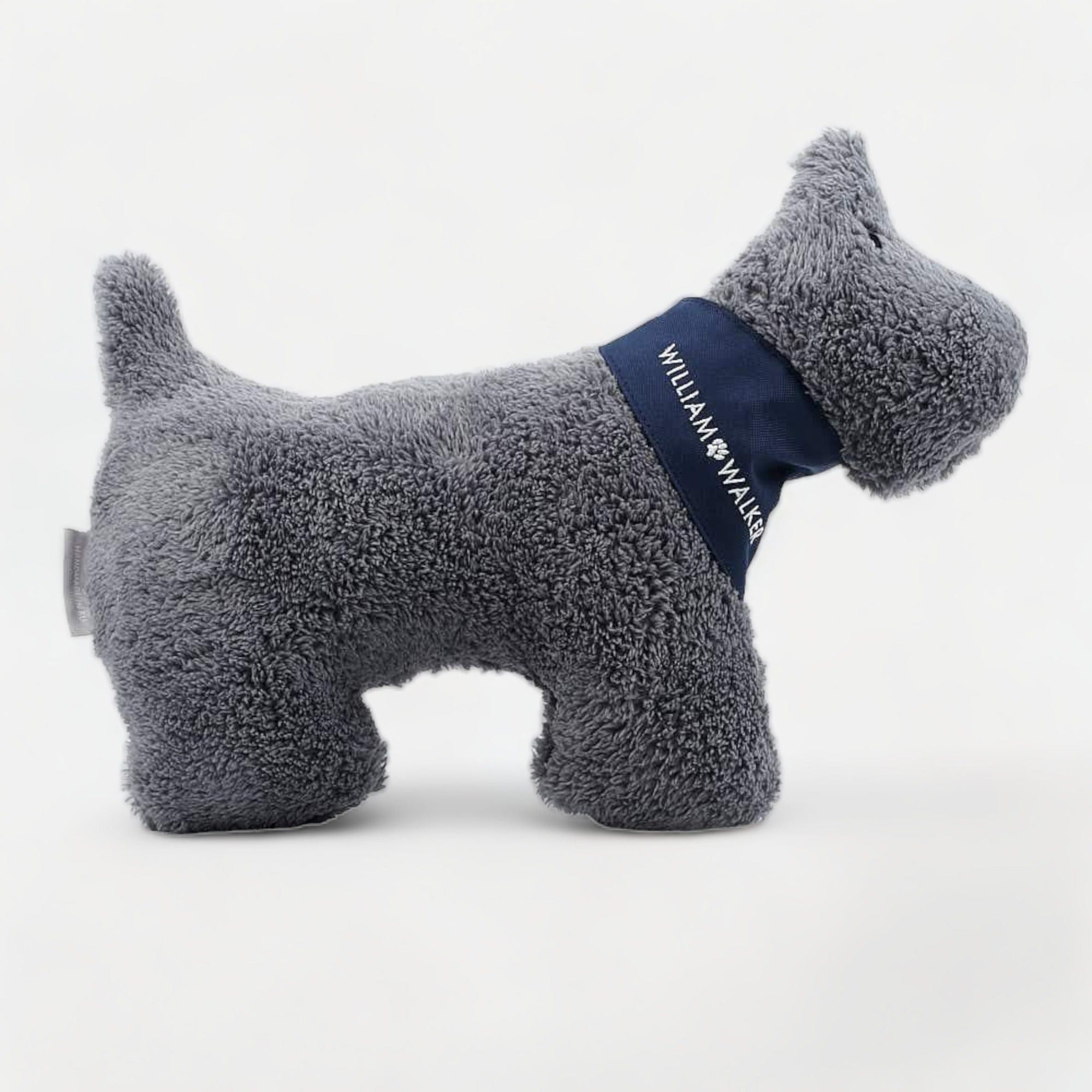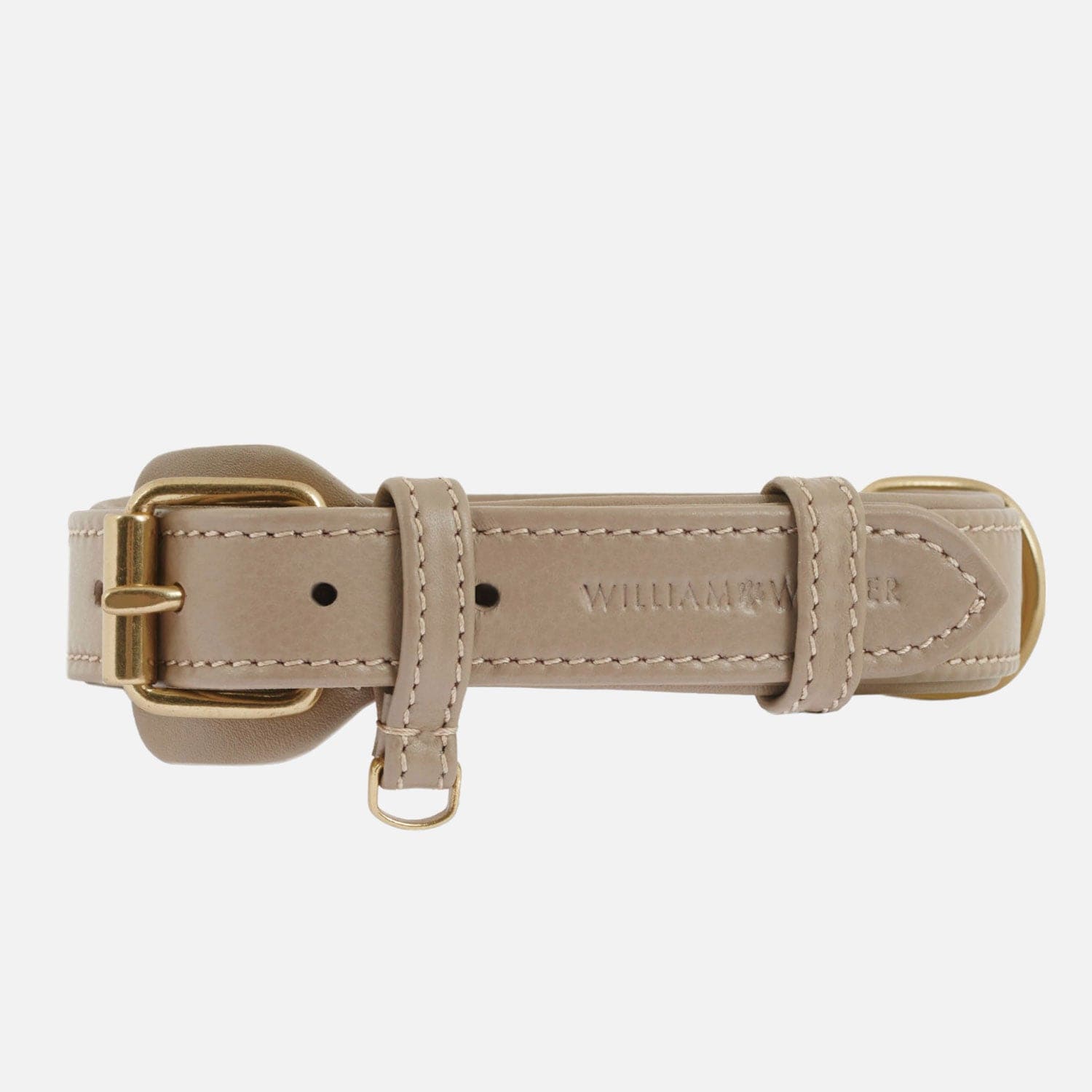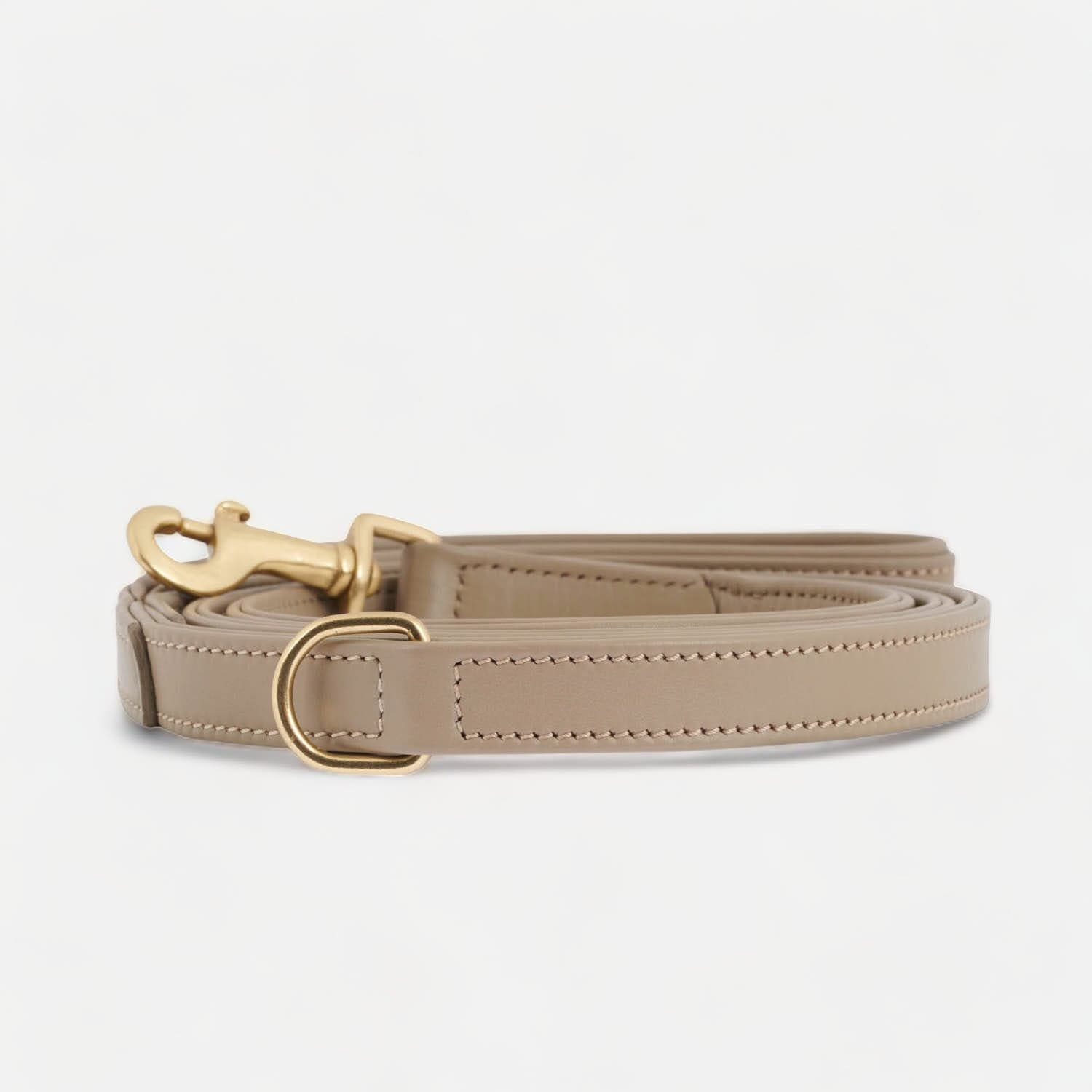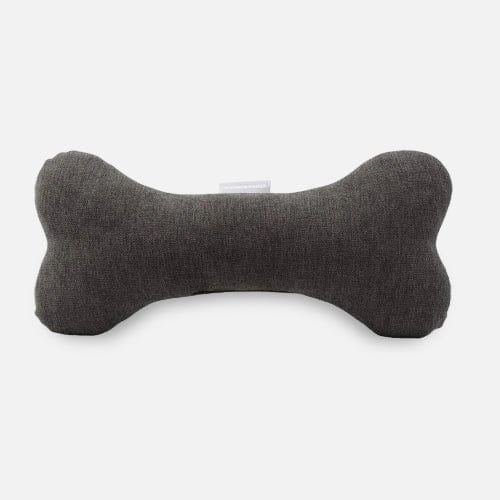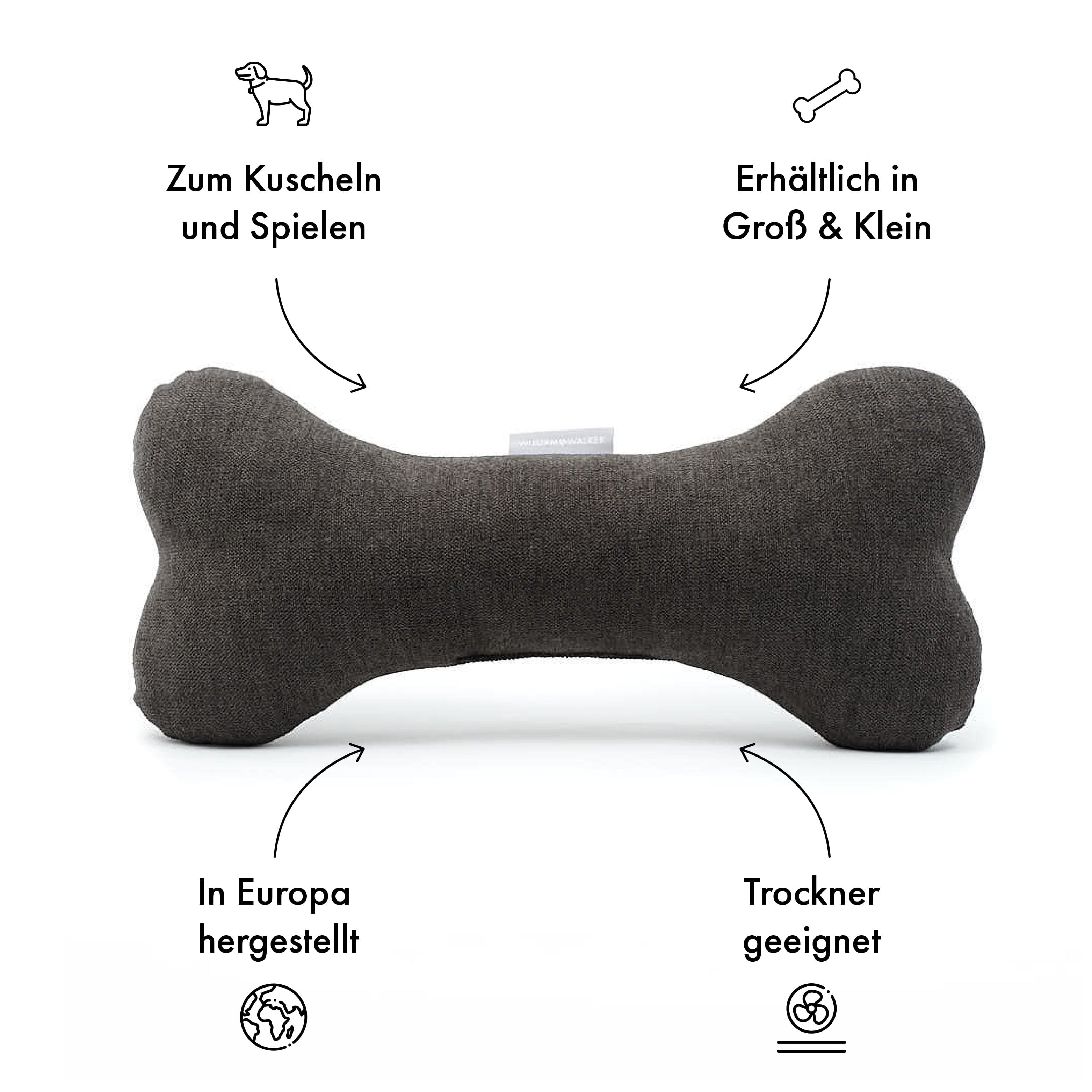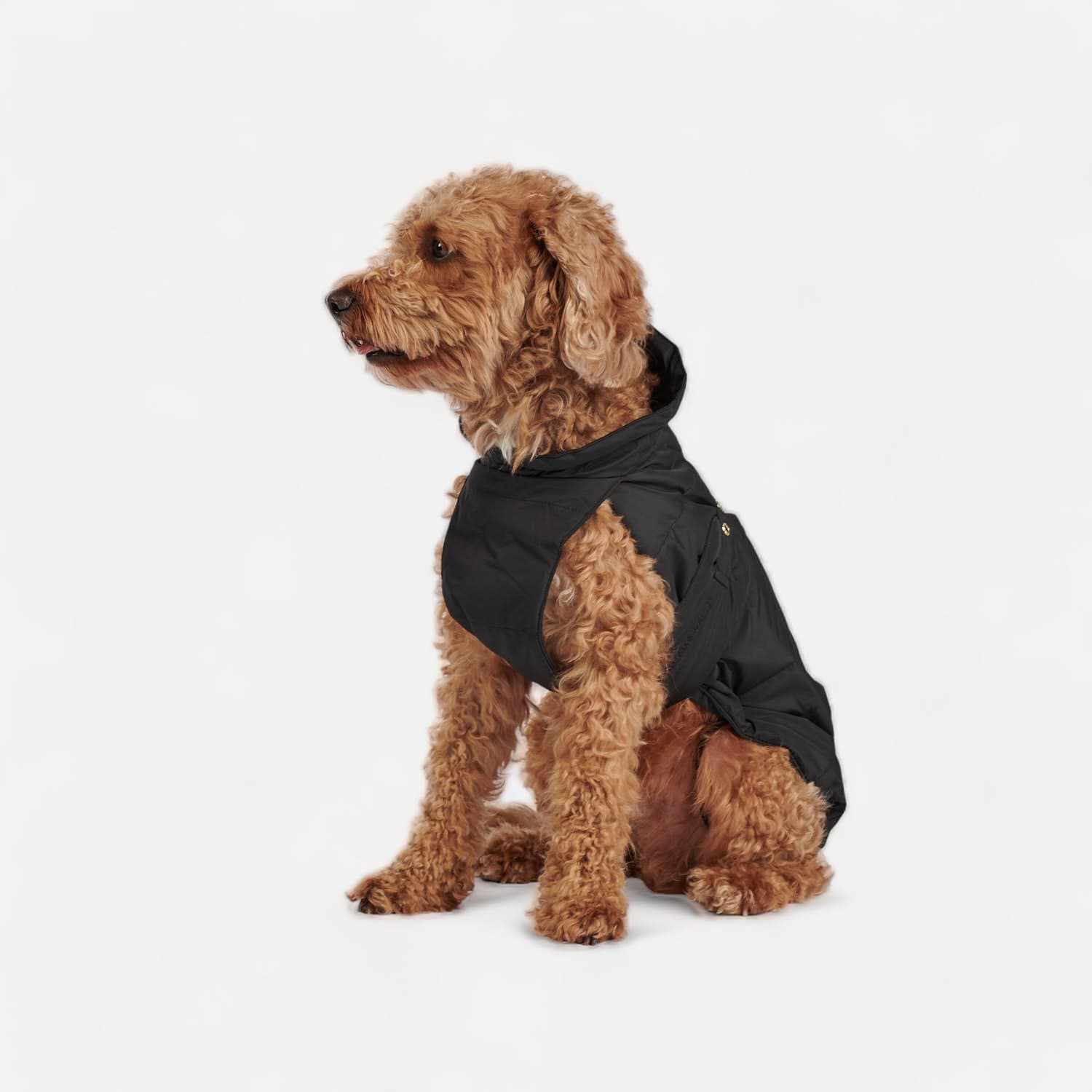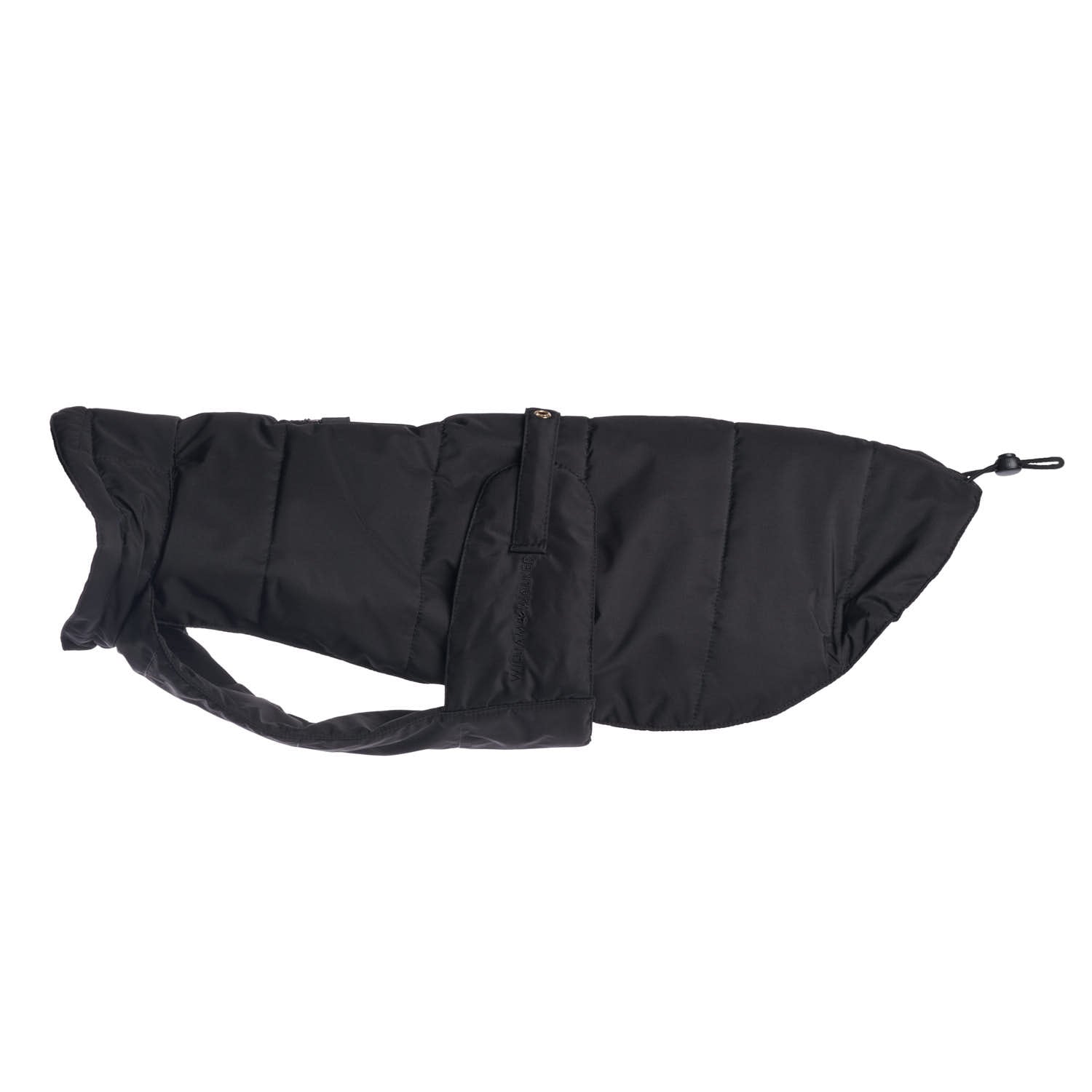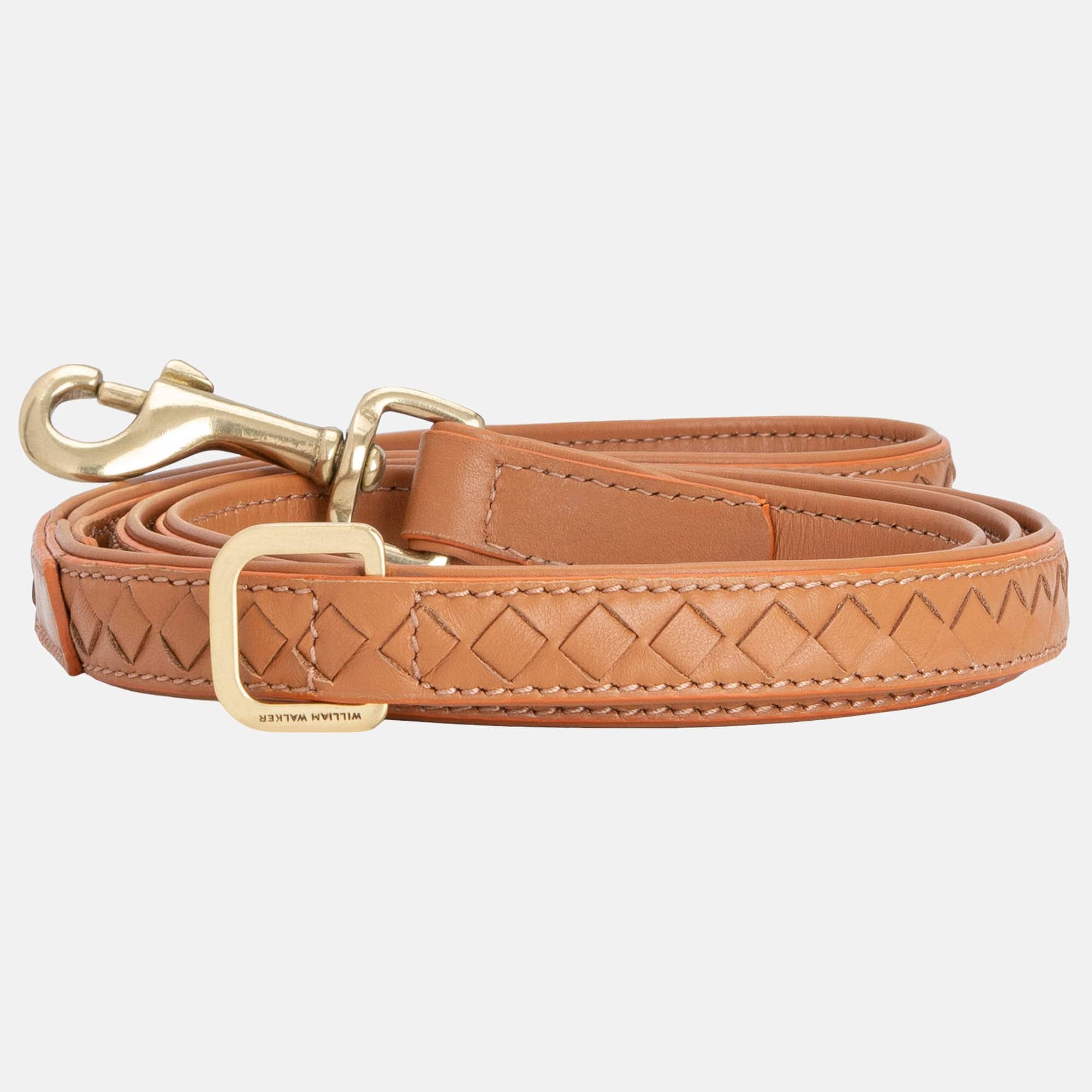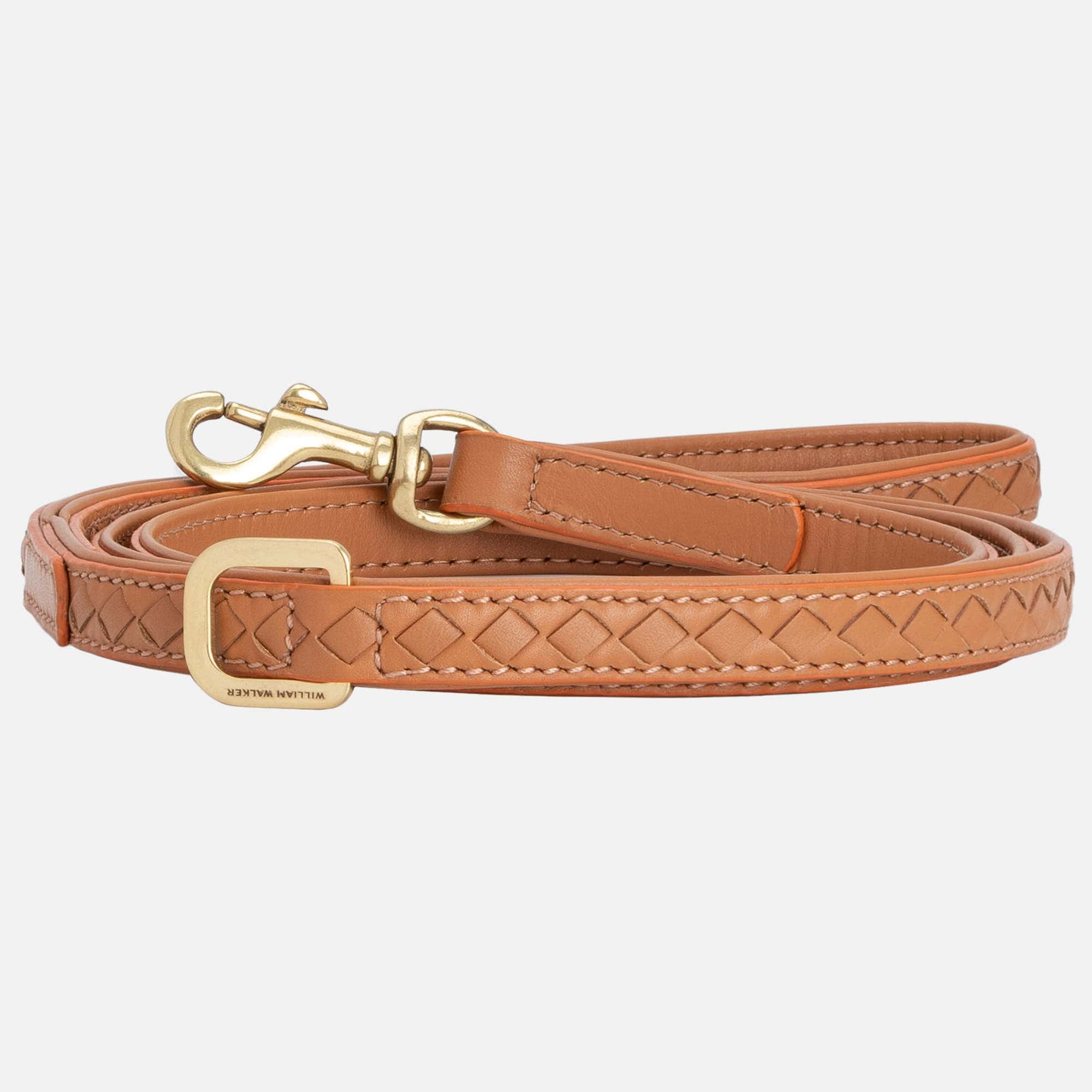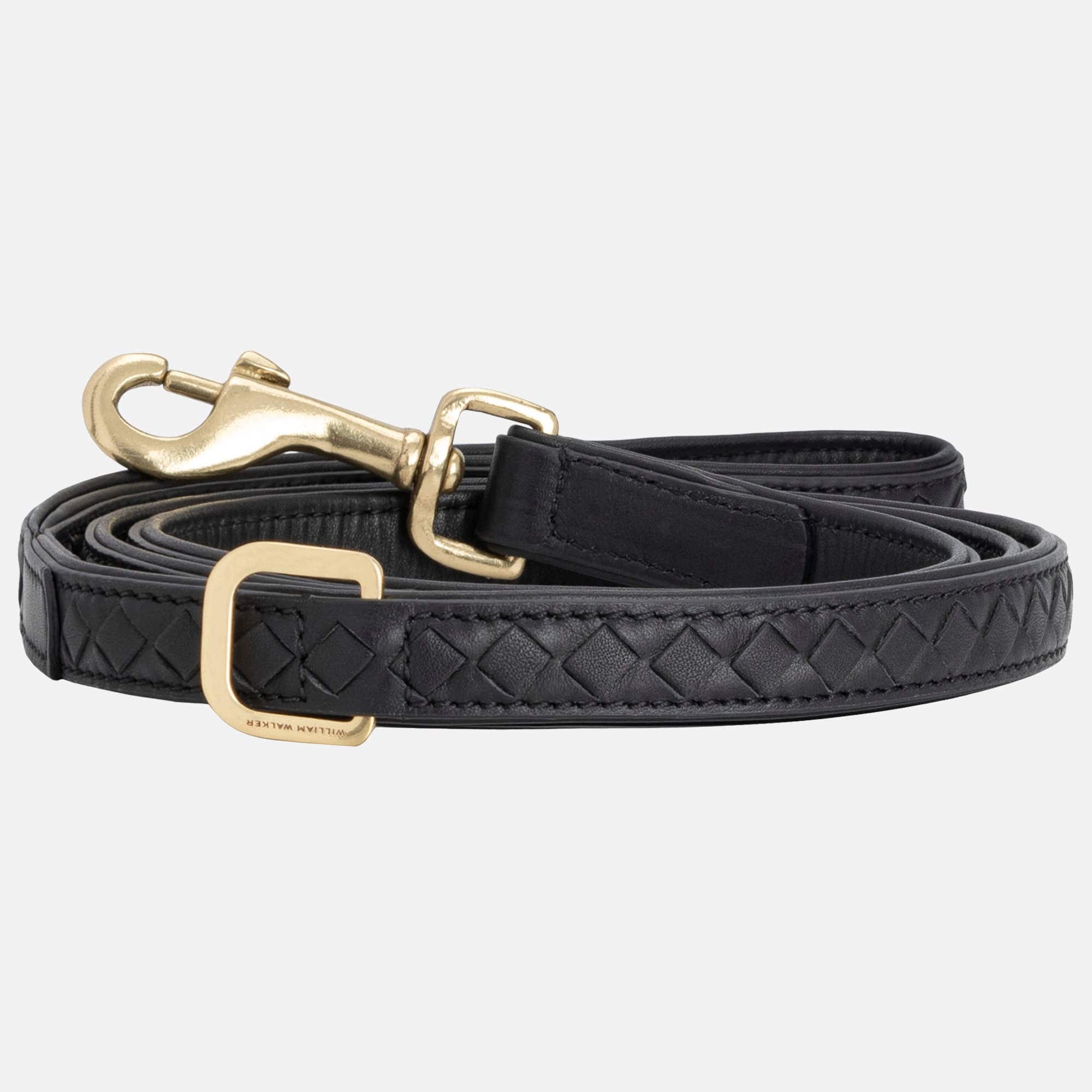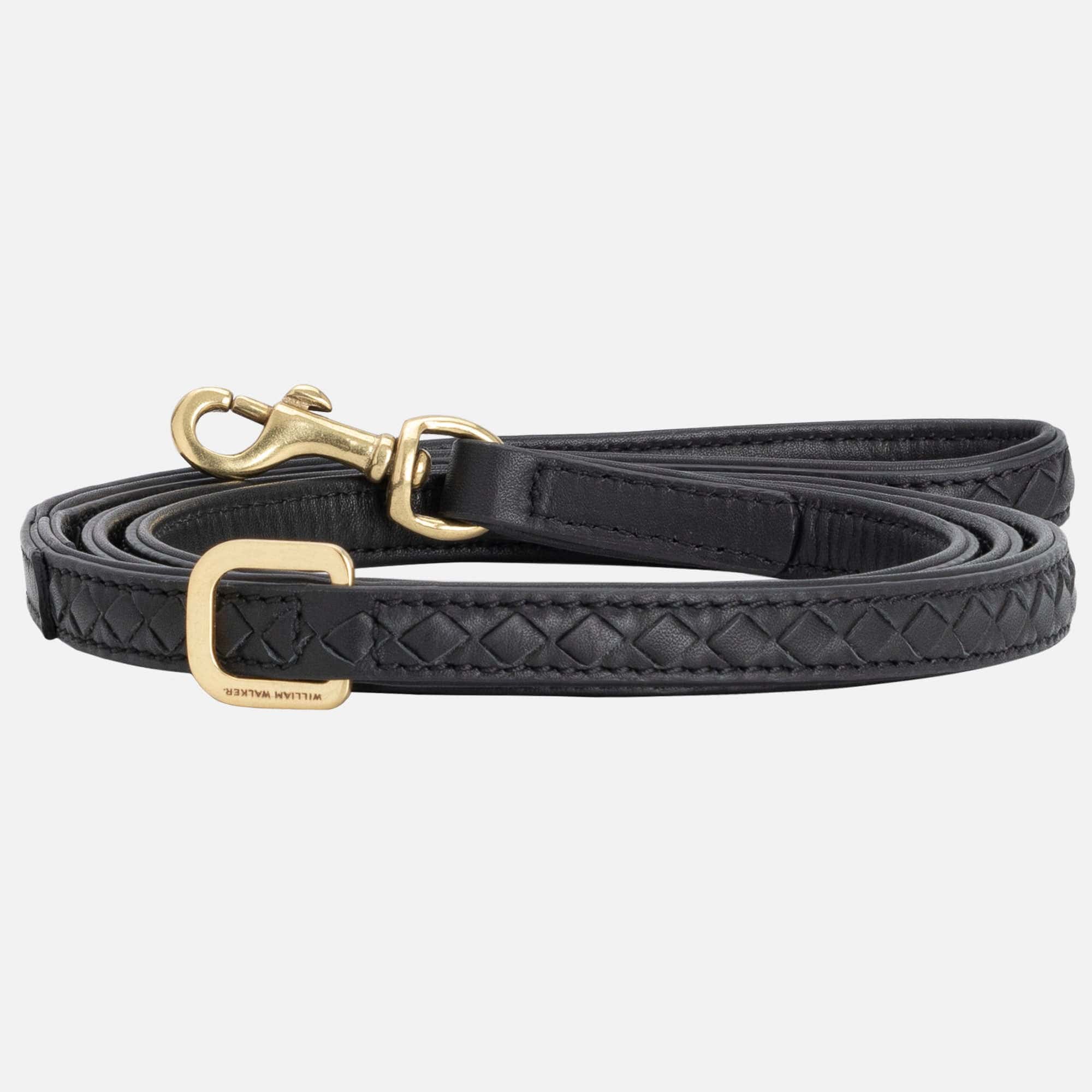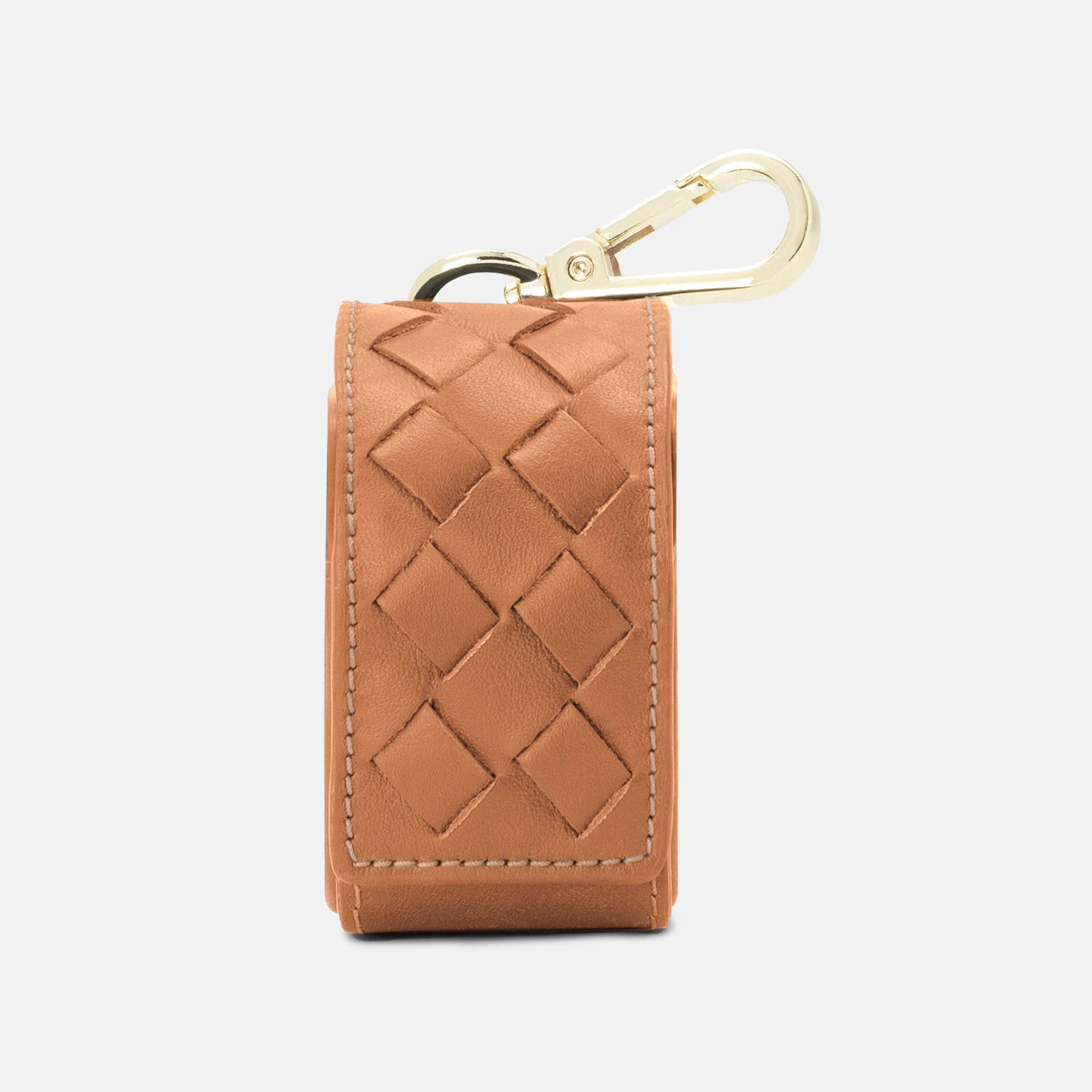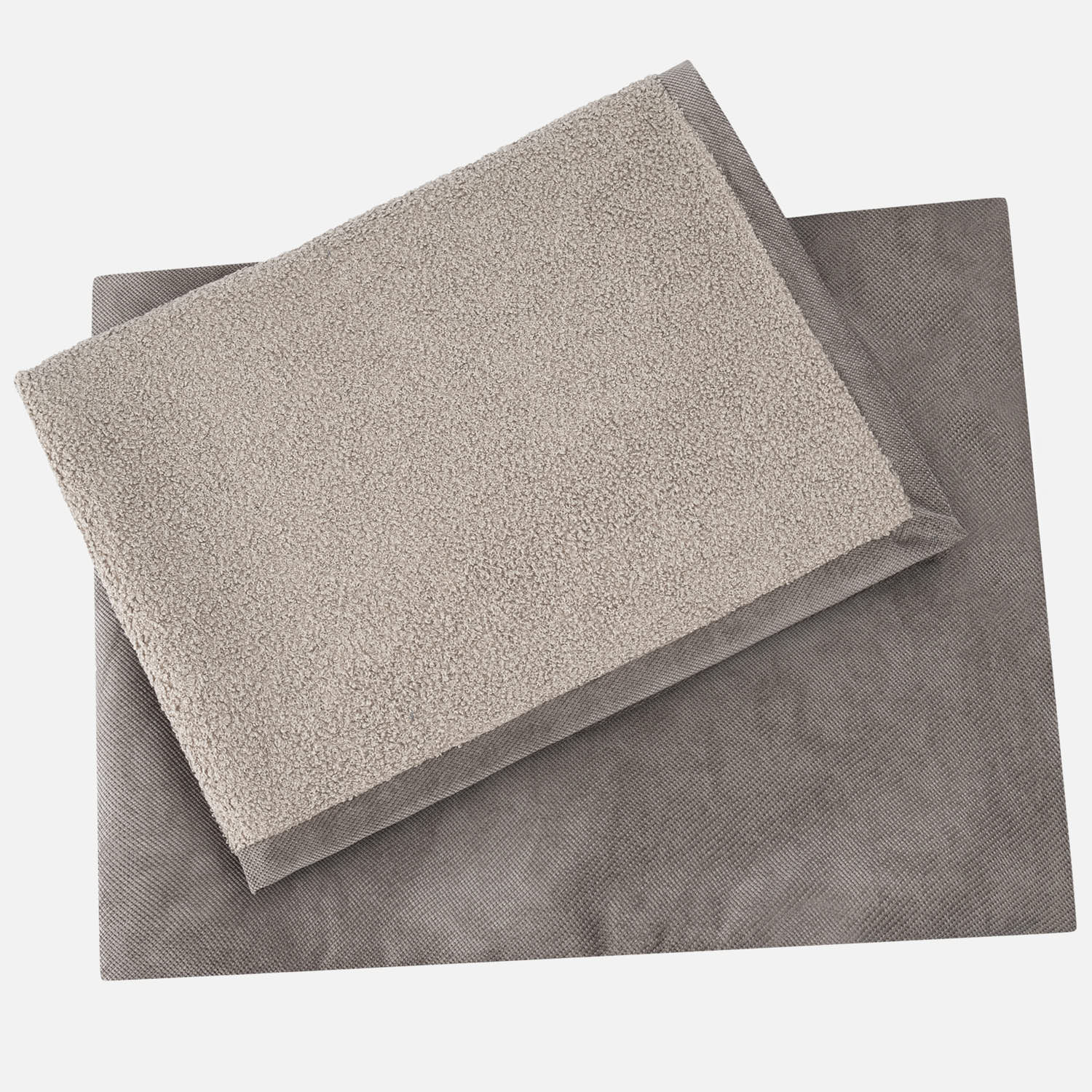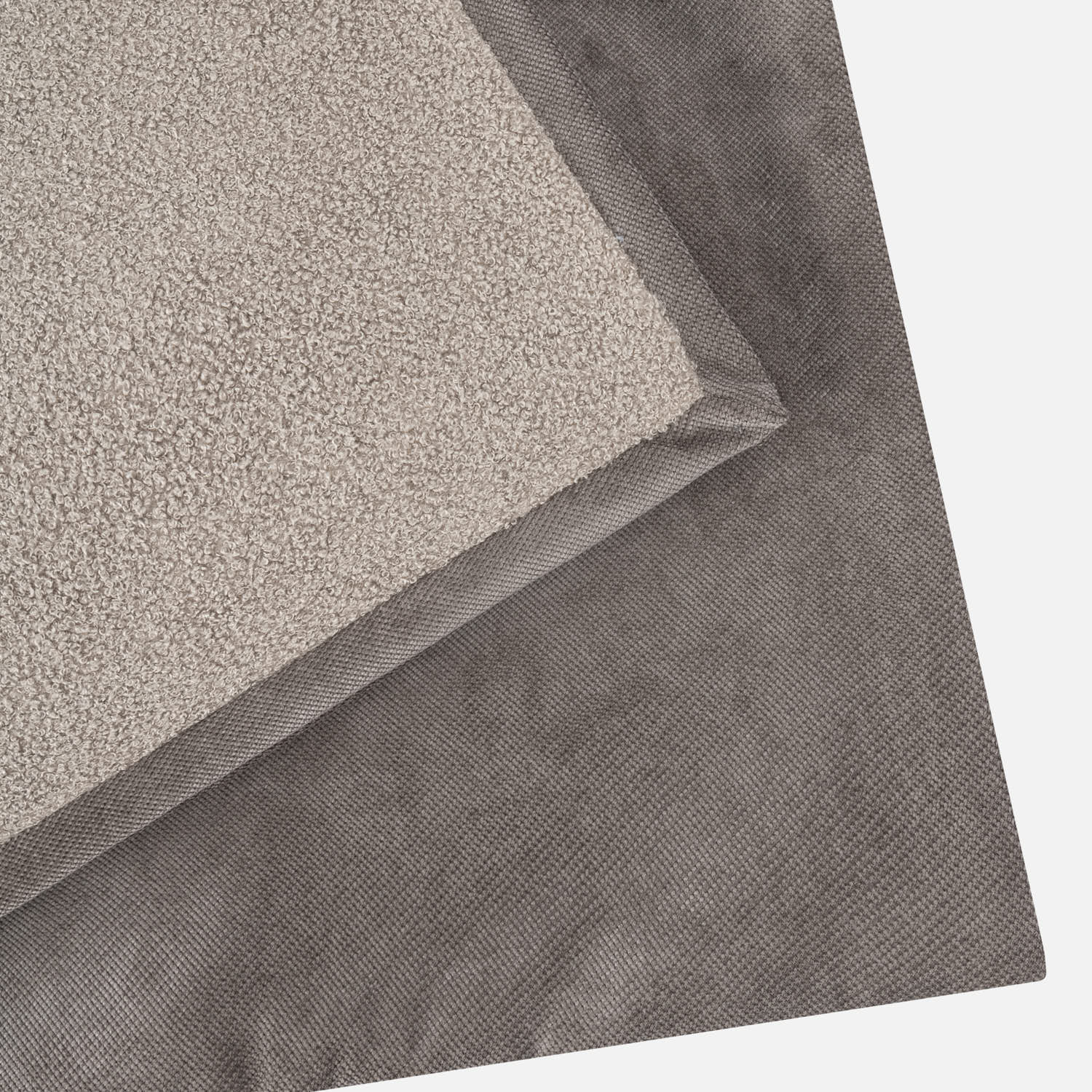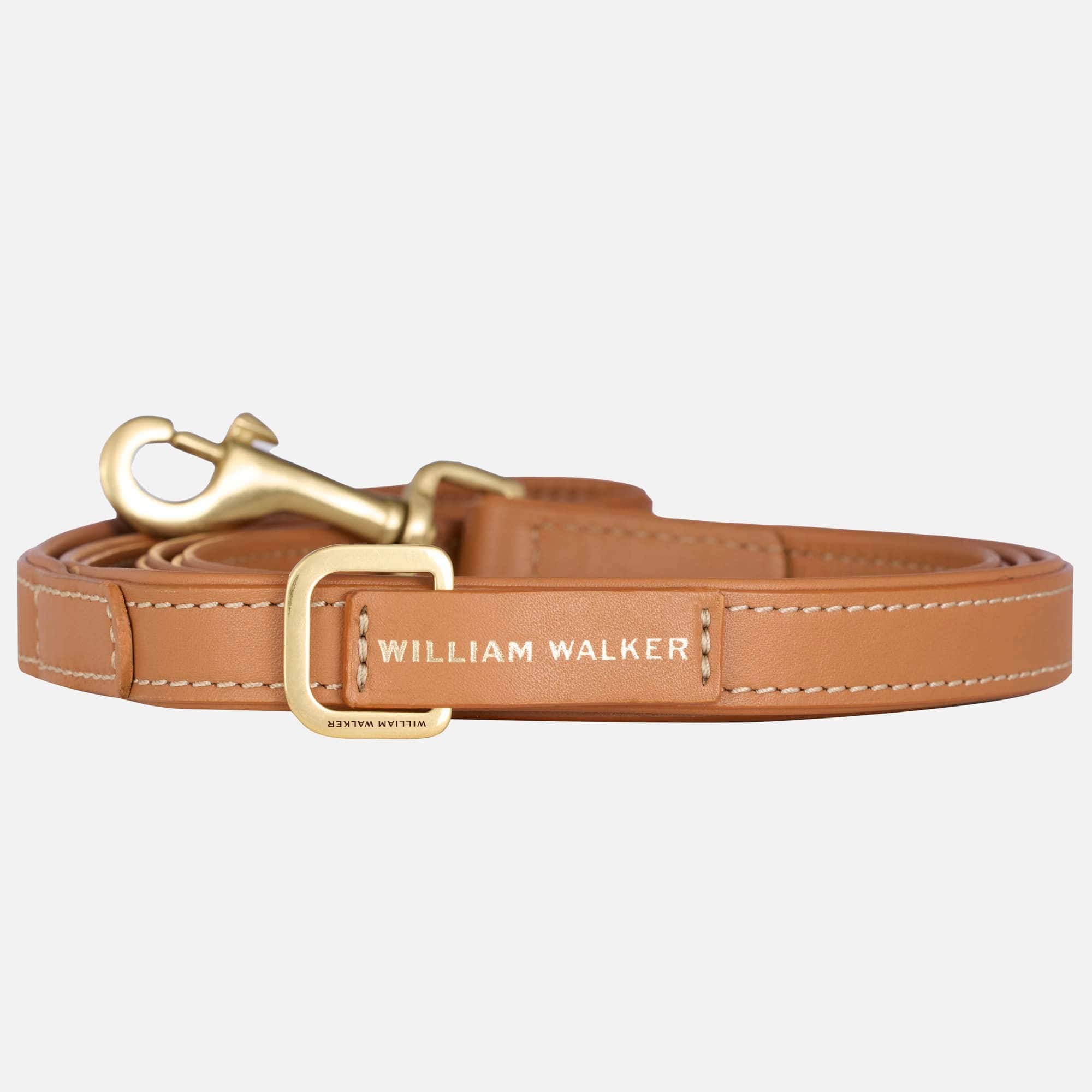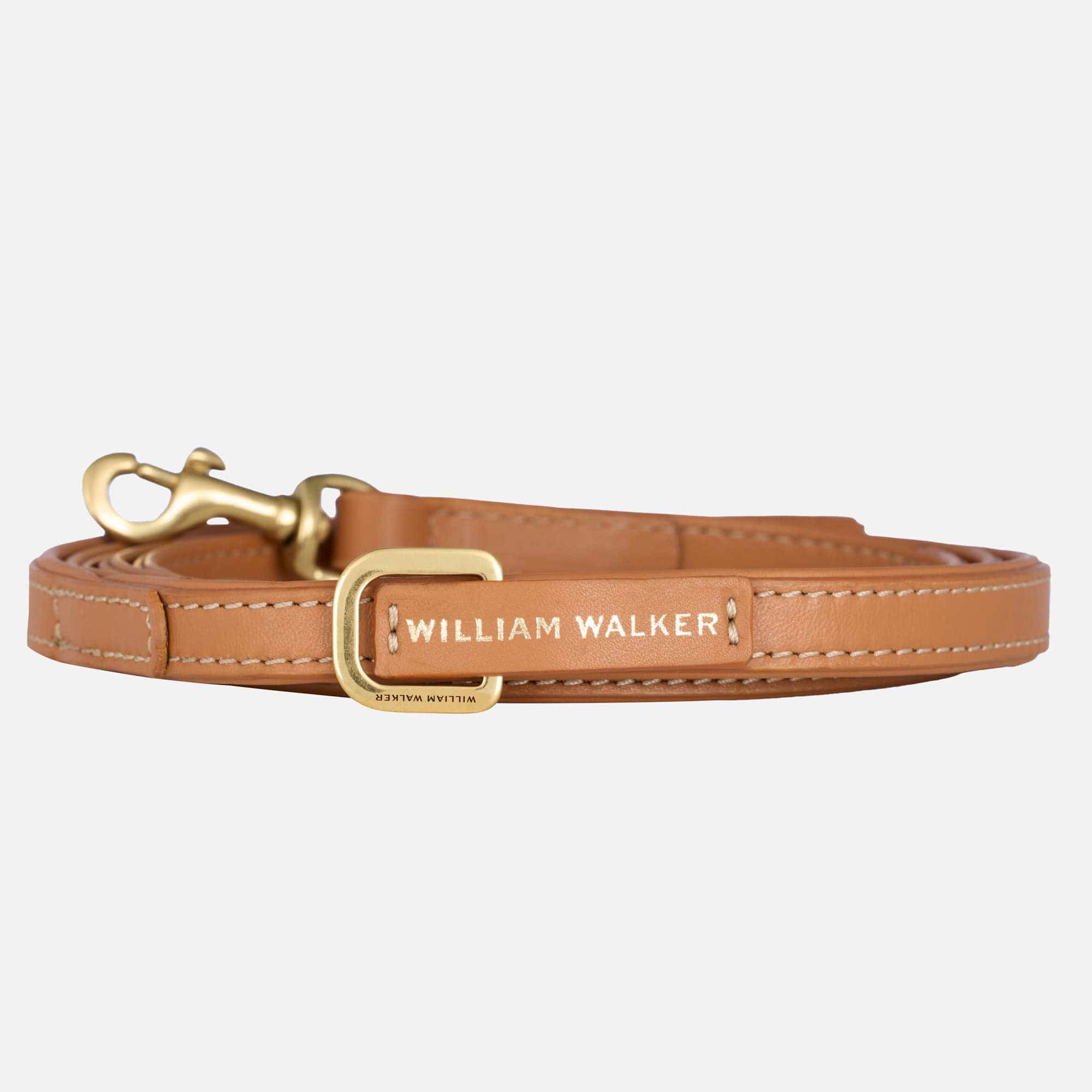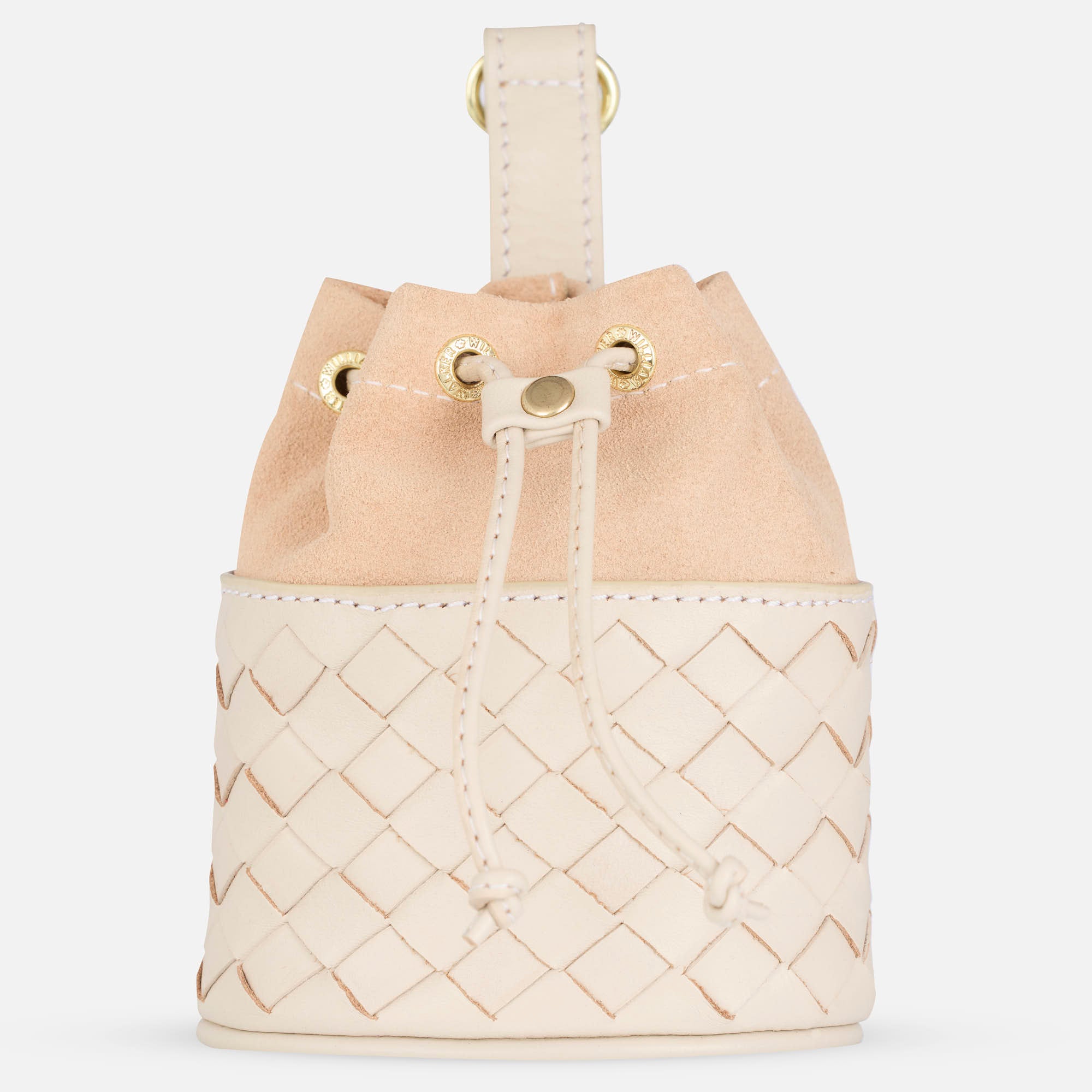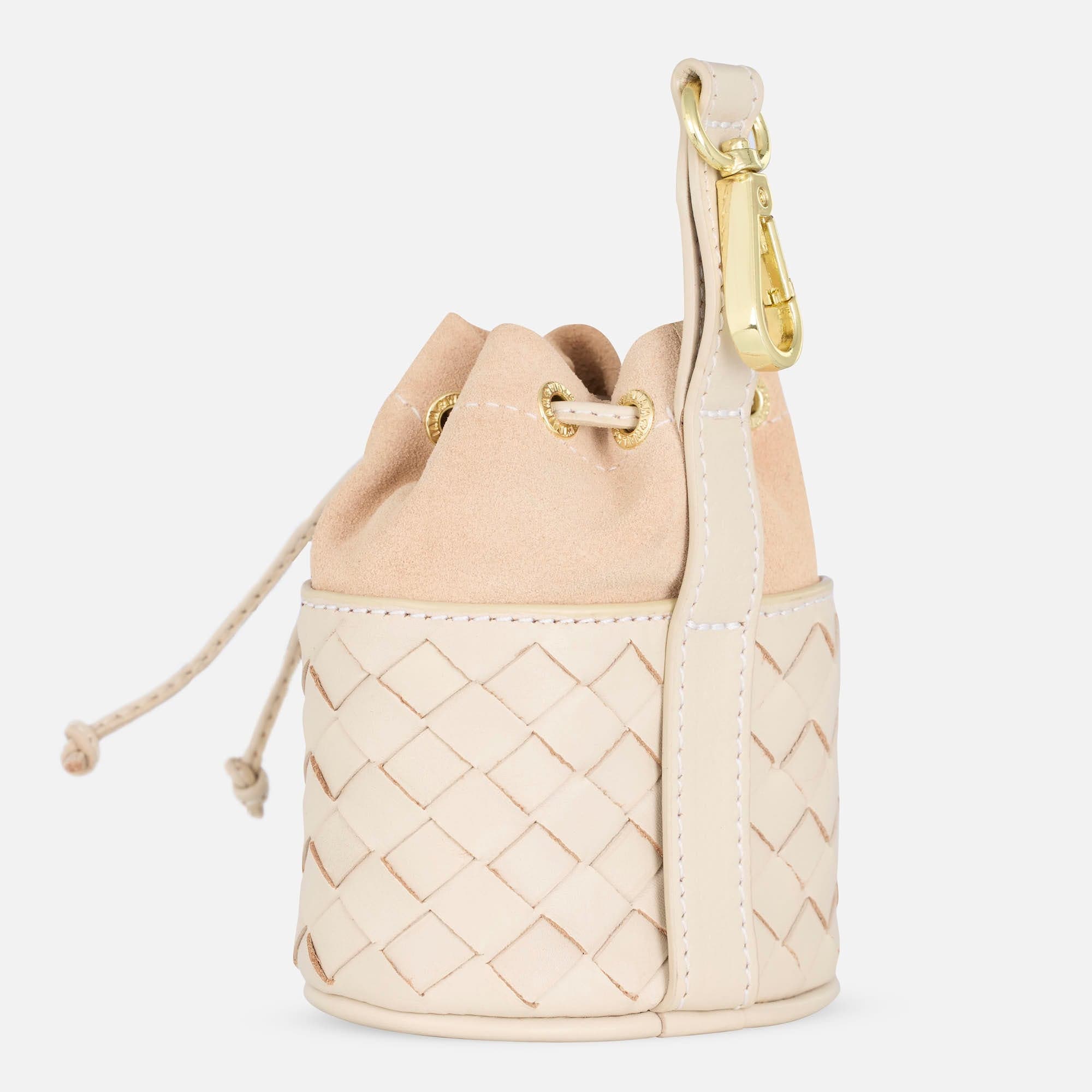The days are getting shorter, the nights longer, and the temperatures are dropping. Winter is in full swing. Not only do we humans have to adjust to the cold season, but our four-legged friends also need a bit more attention and care. Many dog owners believe that, due to their fur, cold weather cannot harm their dogs. However, short-haired breeds and those with little to no undercoat can quickly get cold in winter. Here’s how you can keep your four-legged friend healthy and happy during the winter months:
How can I tell if my dog is cold?
Dogs feel the cold differently depending on their size and weight. For a quick overview, take a look at our infographic:

You can find many more illustrative graphics on our William Walker Pinterest account. Signs that your dog is cold include shivering, tucking in their tail, walking stiffly and slowly, lifting their paws frequently, and "whining."
Can my dog catch a cold?
Yes, dogs can also experience the negative effects of lying on cold surfaces or in cold environments, as well as drafts, which can weaken their immune system and lead to illnesses like a bladder infection.
Is it safe for my dog to eat snow? (Snow Gastritis, etc.)
Most dogs love playing in the snow, and many even enjoy eating it, but unfortunately, not every dog’s stomach can handle the icy treat. Dogs with sensitive stomachs can suffer from stomach cramps or snow gastritis, which may lead to bloody diarrhea and vomiting. If the snow has been treated with road salt, this can lead to serious damage to the gastric mucosa. Always provide your dog with plenty of water before a snowy walk, so they don’t get too thirsty and eat the snow.
Does my dog need a winter coat or dog clothing?
This depends on your dog! Short-haired breeds without an undercoat, like Whippets or Chihuahuas, as well as sick or older dogs, are more sensitive to the cold. A dog coat is recommended, especially on rainy days. When buying, make sure it is made of lightweight, breathable, and water-repellent material and fits well!
Do I need to adjust our winter walks with the dog?
In general, you should shorten your walks a bit during freezing temperatures and instead go out a little more often. Try to avoid paths that are treated with road salt, and be cautious when walking near frozen bodies of water. The ice can often be thinner than expected, posing a risk of falling through. This can lead to dangerous situations, especially if your dog doesn't always respond to commands and the lake is covered in snow.
What should I pay attention to after a winter walk with my dog? (Caution: Road Salt)
After every walk, you should thoroughly wash your dog's paws to remove any pebbles, road salt, and ice. Aside from the fact that salt can be very unpleasant on wounds, dogs often lick their paws clean after a walk, which can lead to them ingesting road salt, causing damage to the gastric mucosa. If your four-legged friend got wet during the walk, you should dry them off as soon as possible and let them dry completely in a warm, draft-free area.
Optimal Paw Care for Dogs in Winter
Paw injuries can be very painful for our four-legged friends, even if they are small. To protect your dog's paws from cracks and keep them supple in winter and snow, a paw balm like our William Walker Paw Care is essential. Our paw balm is handmade in Germany and consists of 100% organic ingredients. It can also be perfectly used for humans as skin, hair, and lip care – especially now that temperatures are dropping, as not only dog paws dry out and crack. With our high-quality organic paw balm, both you and your four-legged friend are well-prepared for winter. If you want to learn everything about dog paw care in winter, click here.
What should I consider regarding coat care for my dog in winter?
When grooming in winter, make sure to trim any long hair around the paws and between the toes to prevent ice clumps from forming. You can also carefully remove large snow clumps during your walk.
Do I need to change my dog's diet in winter?
Not change it, but adjust it! Whether your dog loves snow and cold or is a chilly pup, the former requires more calories to stay warm since they burn more calories than usual, while the homebody needs a bit fewer calories to avoid gaining winter weight. A little extra treat here and there during the winter months won't hurt, as winter fat keeps them warmer, and soul food on dark days feels good after all.
How do you keep your four-legged friend healthy and happy during the winter months? Are your dogs snow bunnies or couch potatoes? Feel free to share in the comments.
Planning a winter vacation with your dog? For the perfect preparation, check out our short and concise checklist for traveling with a dog and our tips for winter vacation with a dog.



























